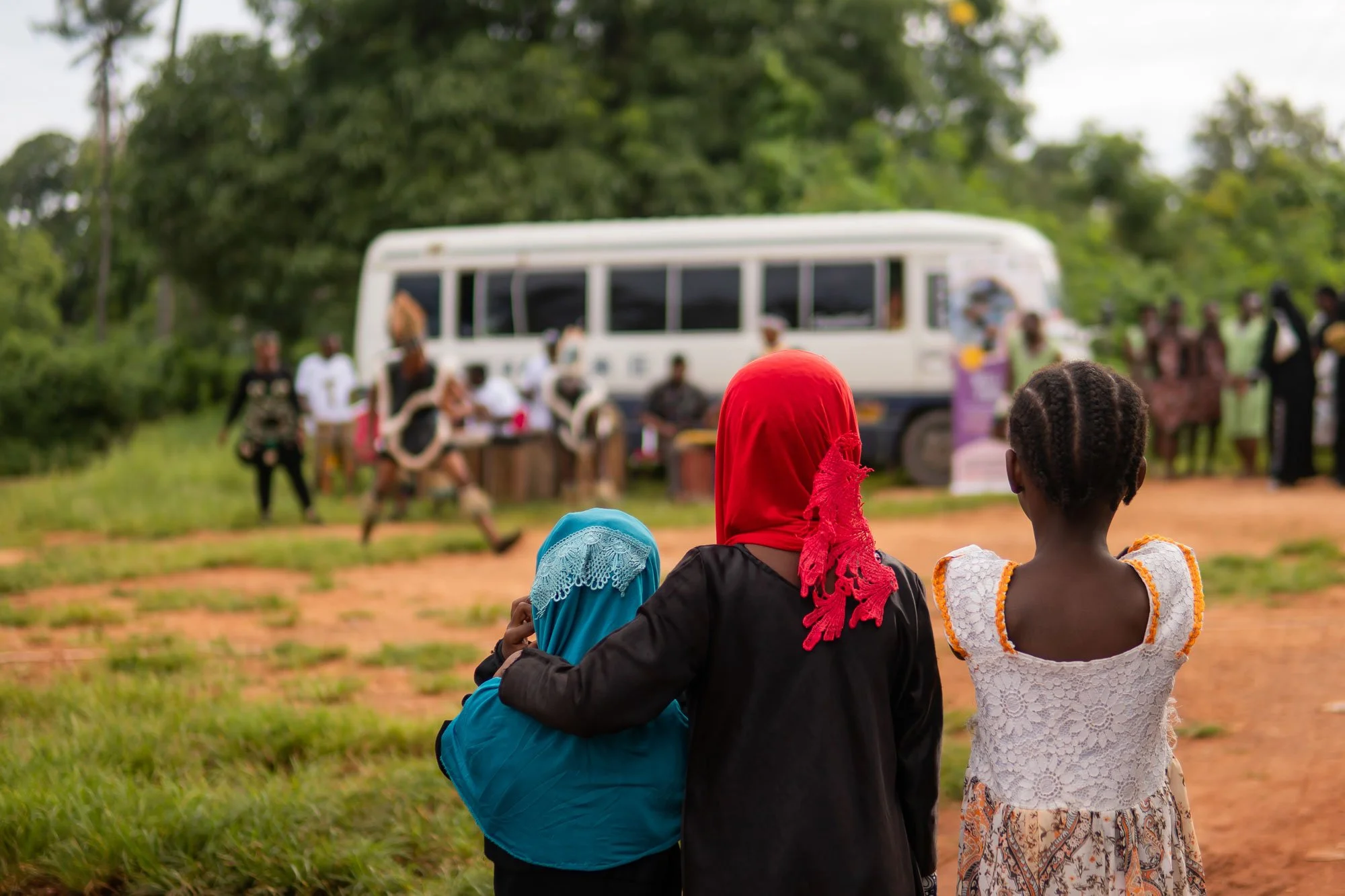
Supporting both sides of maternal health: better care for women, stronger futures for providers.
Group Care Model (GCM)
Pregnancy is Better Together
Our Uzazi Bora Pamoja model — Swahili for “Pregnancy is Better Together” — reimagines maternal and newborn care. Women of similar gestational ages come together in small groups to receive prenatal and postnatal services, learn from trained nurse-midwives, and share experiences in a safe, supportive environment. This holistic model not only provides essential clinical care but also builds trust, strengthens knowledge, and creates community for women during the most critical 1,000 days of life.
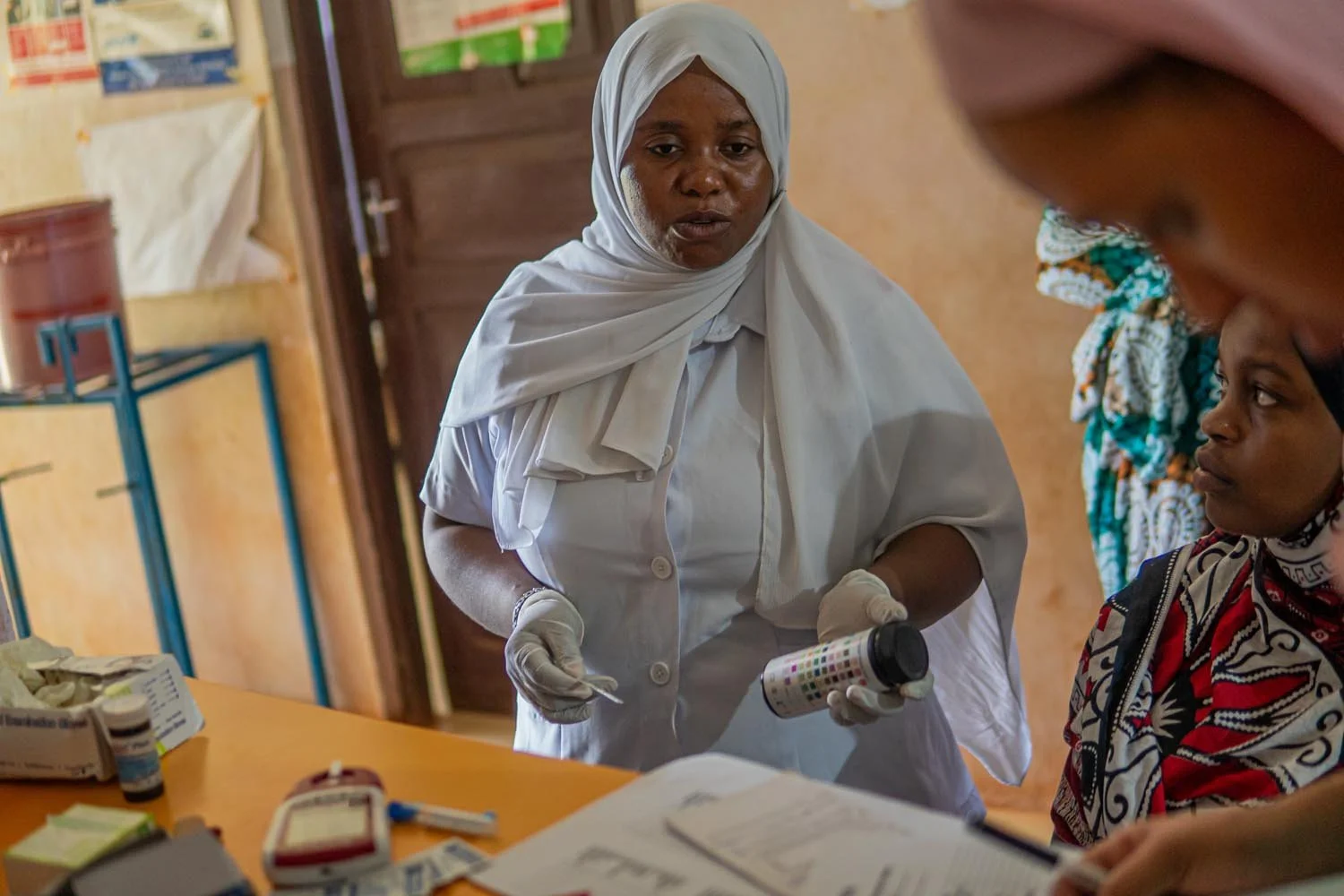
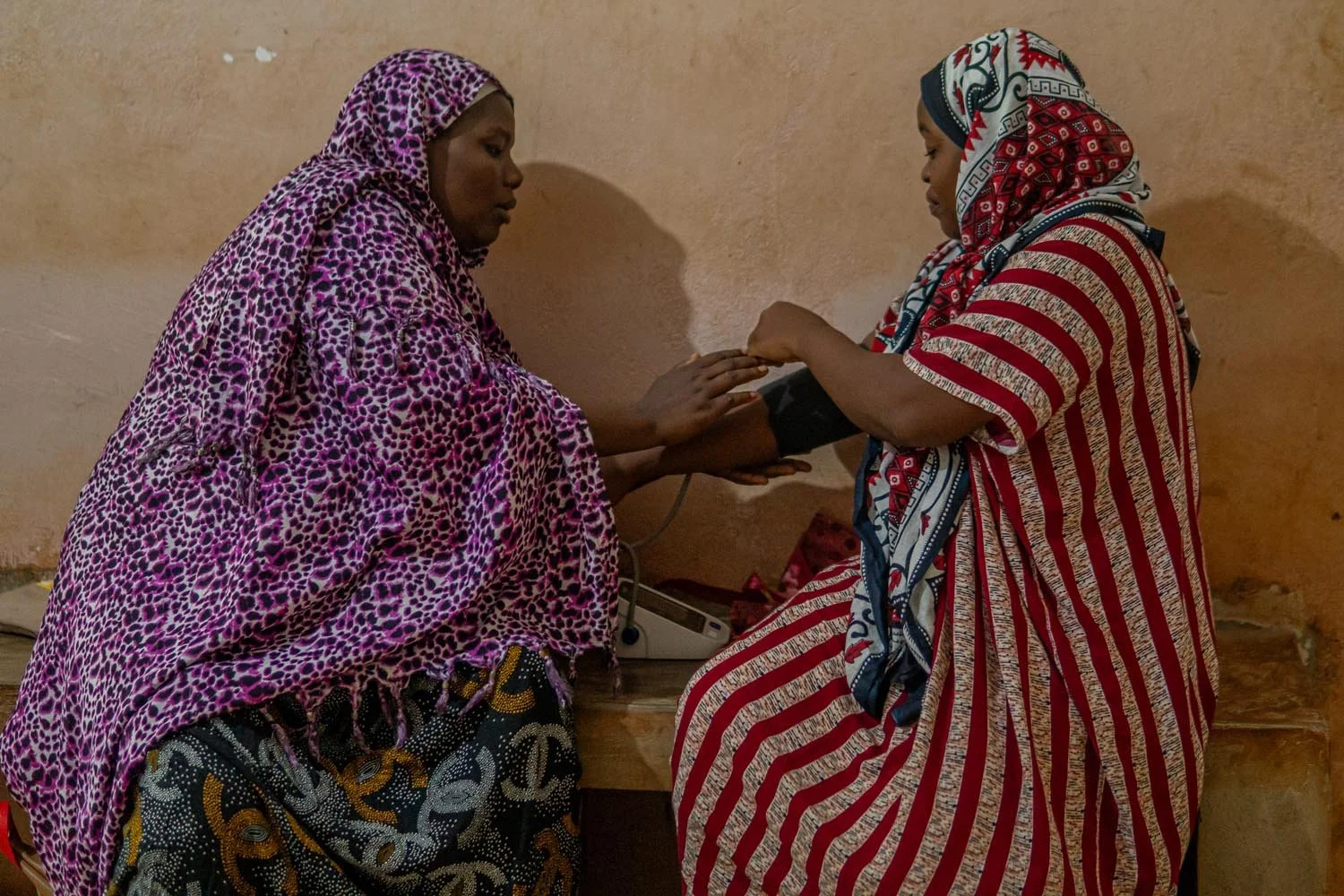
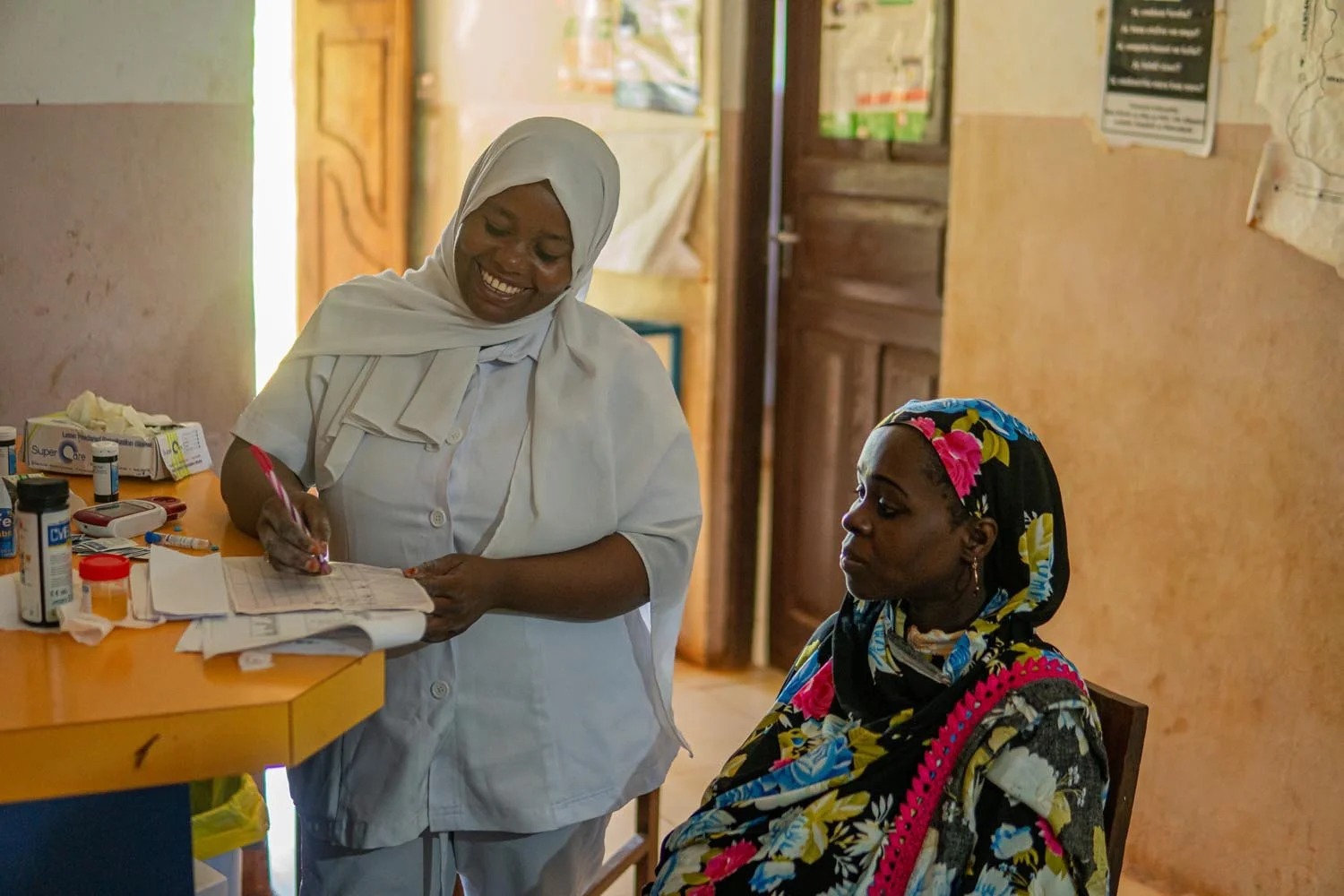
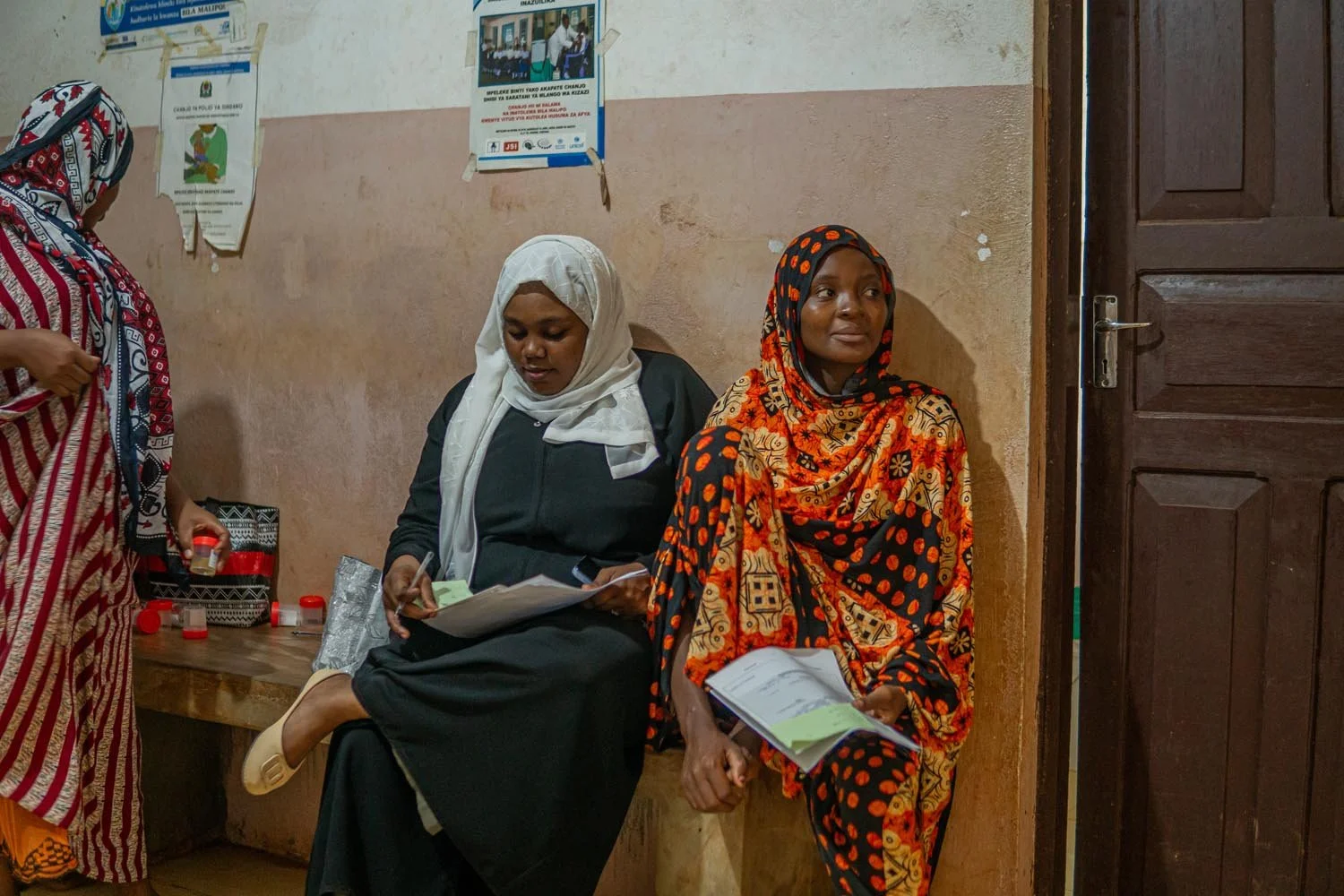
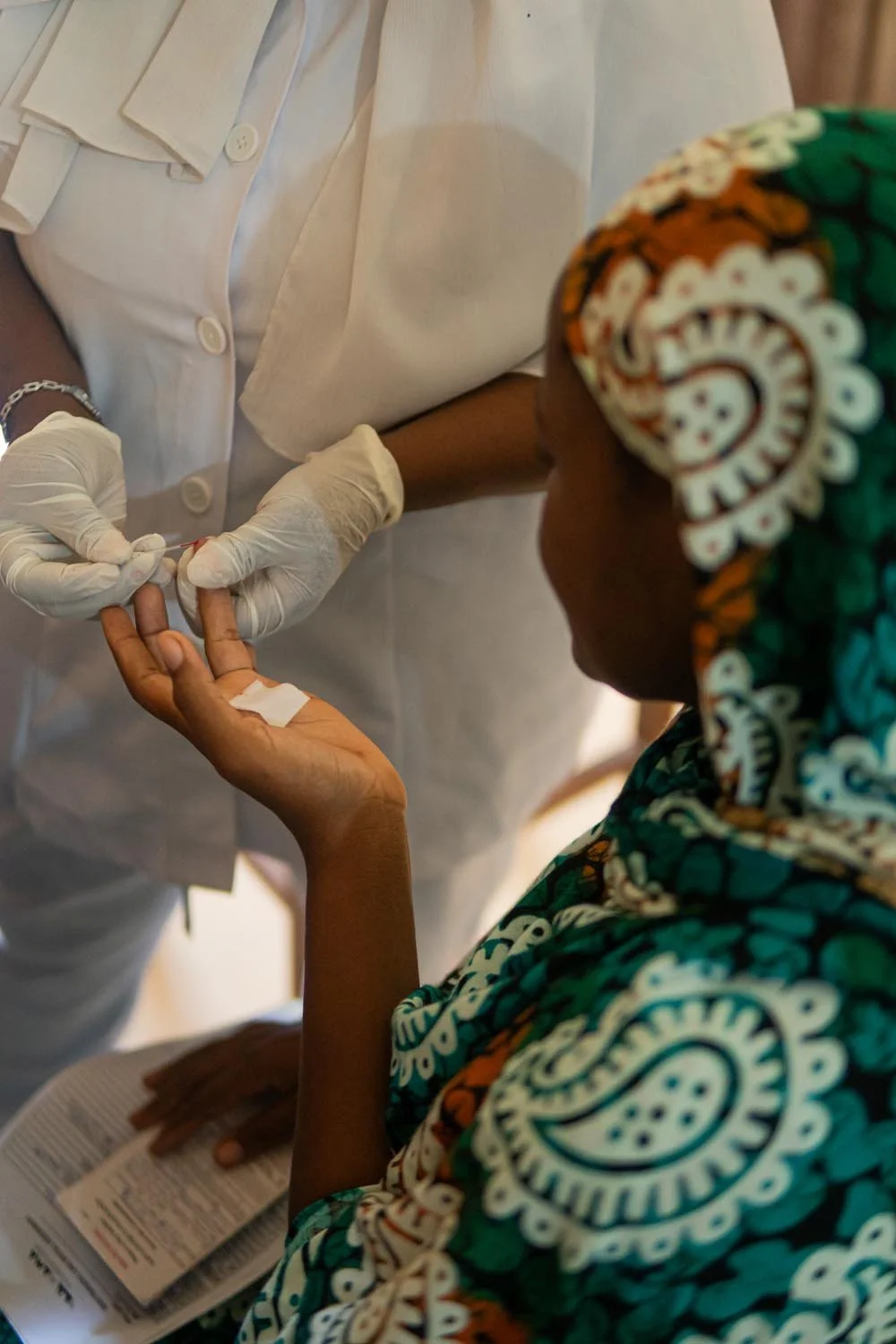
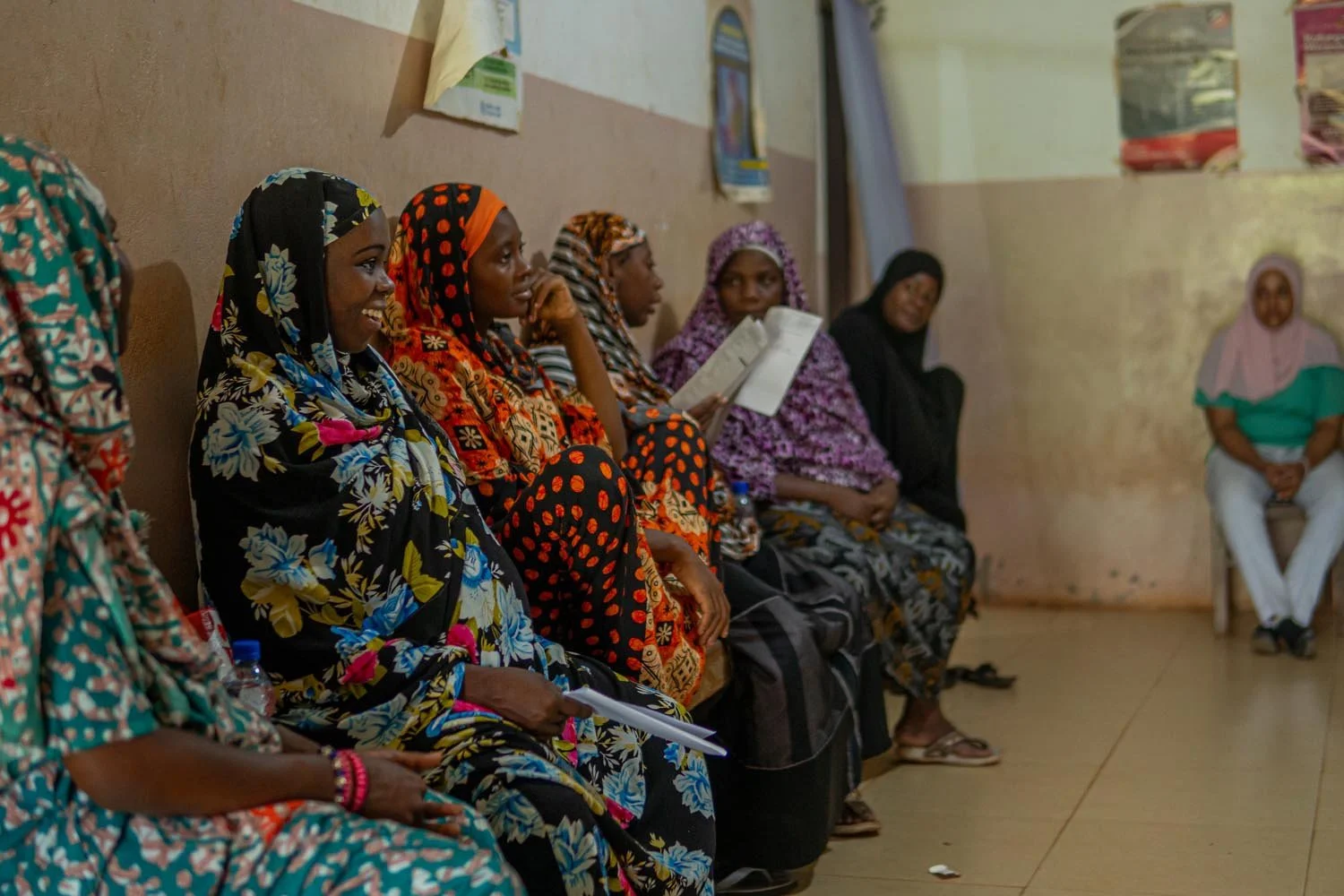
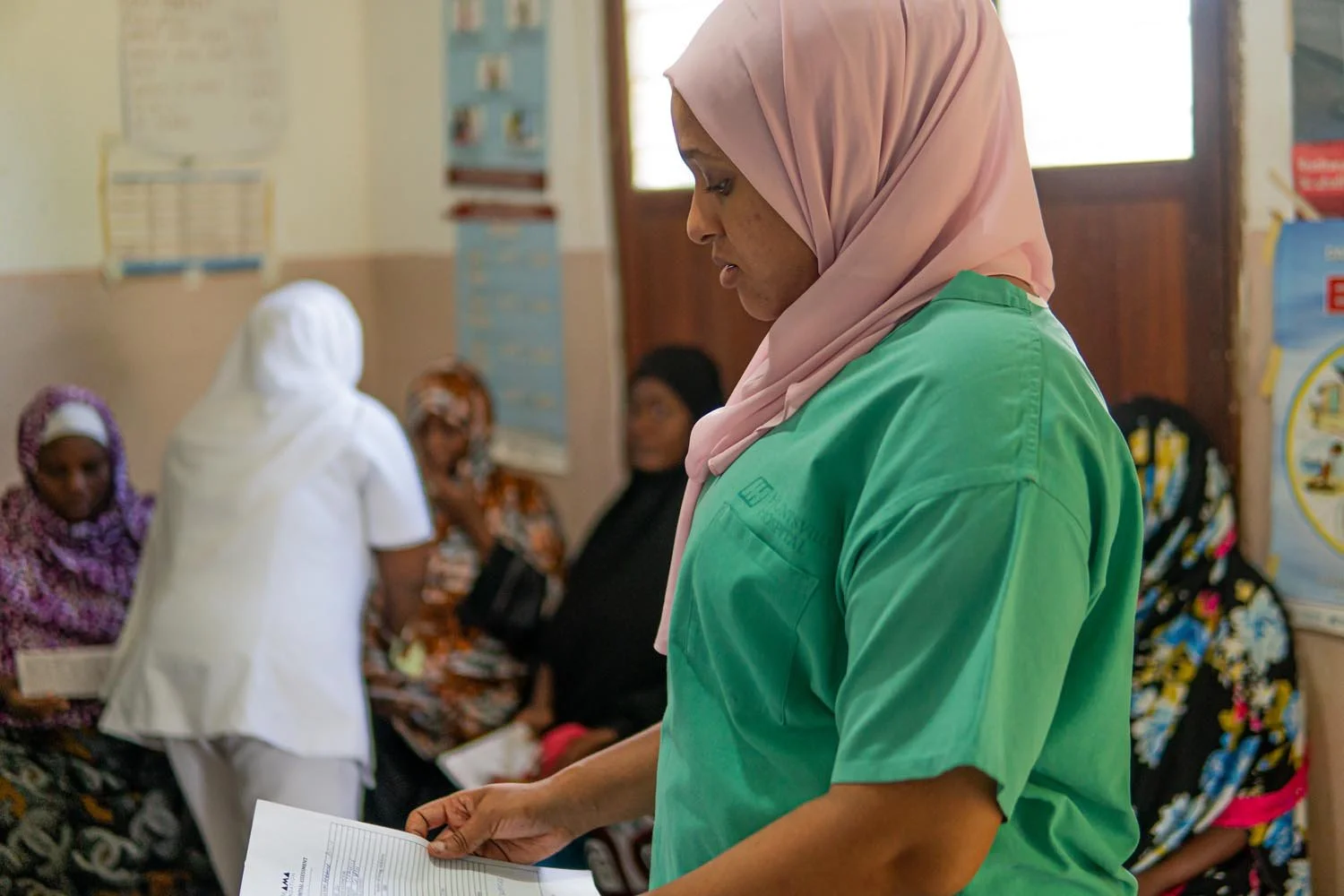
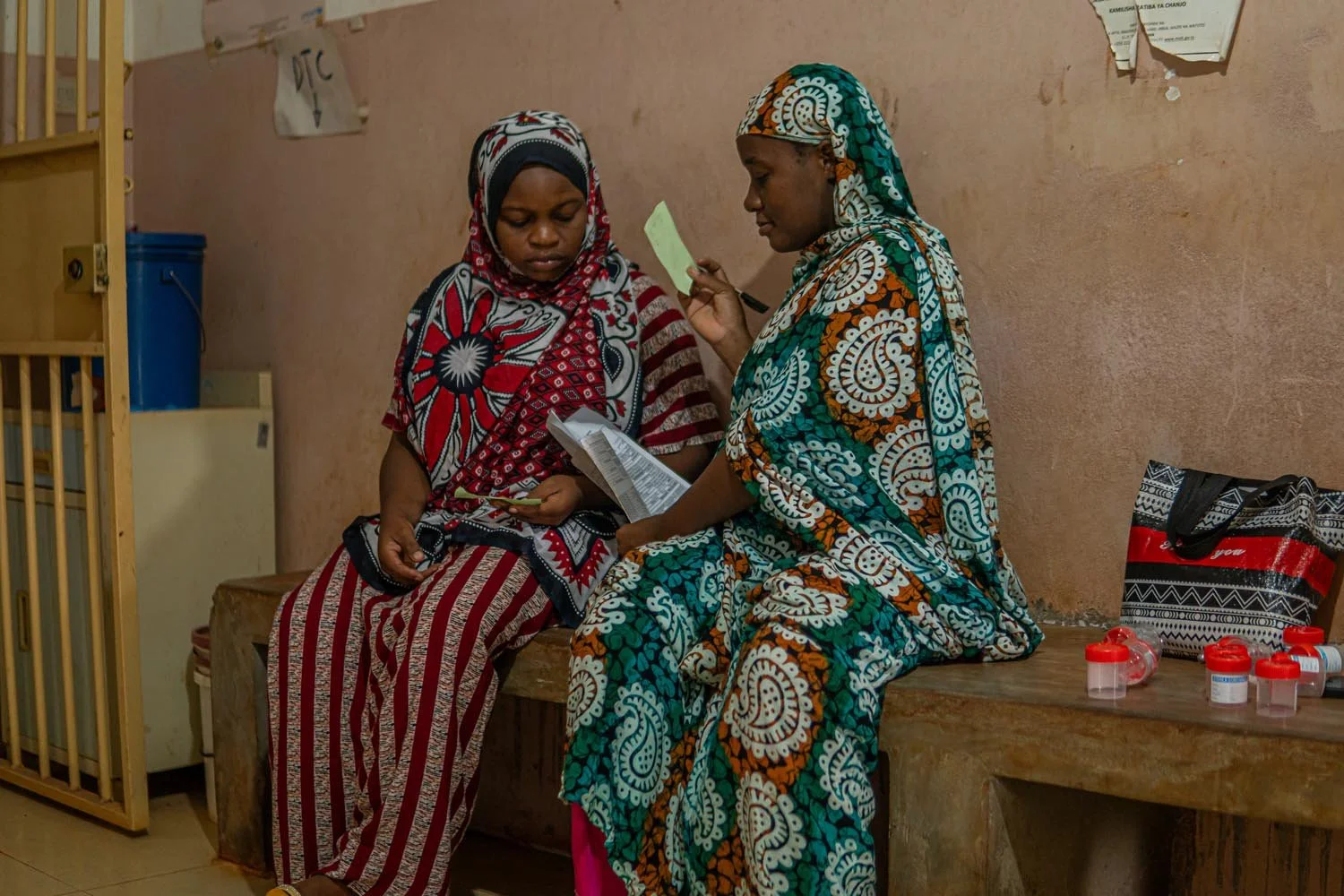
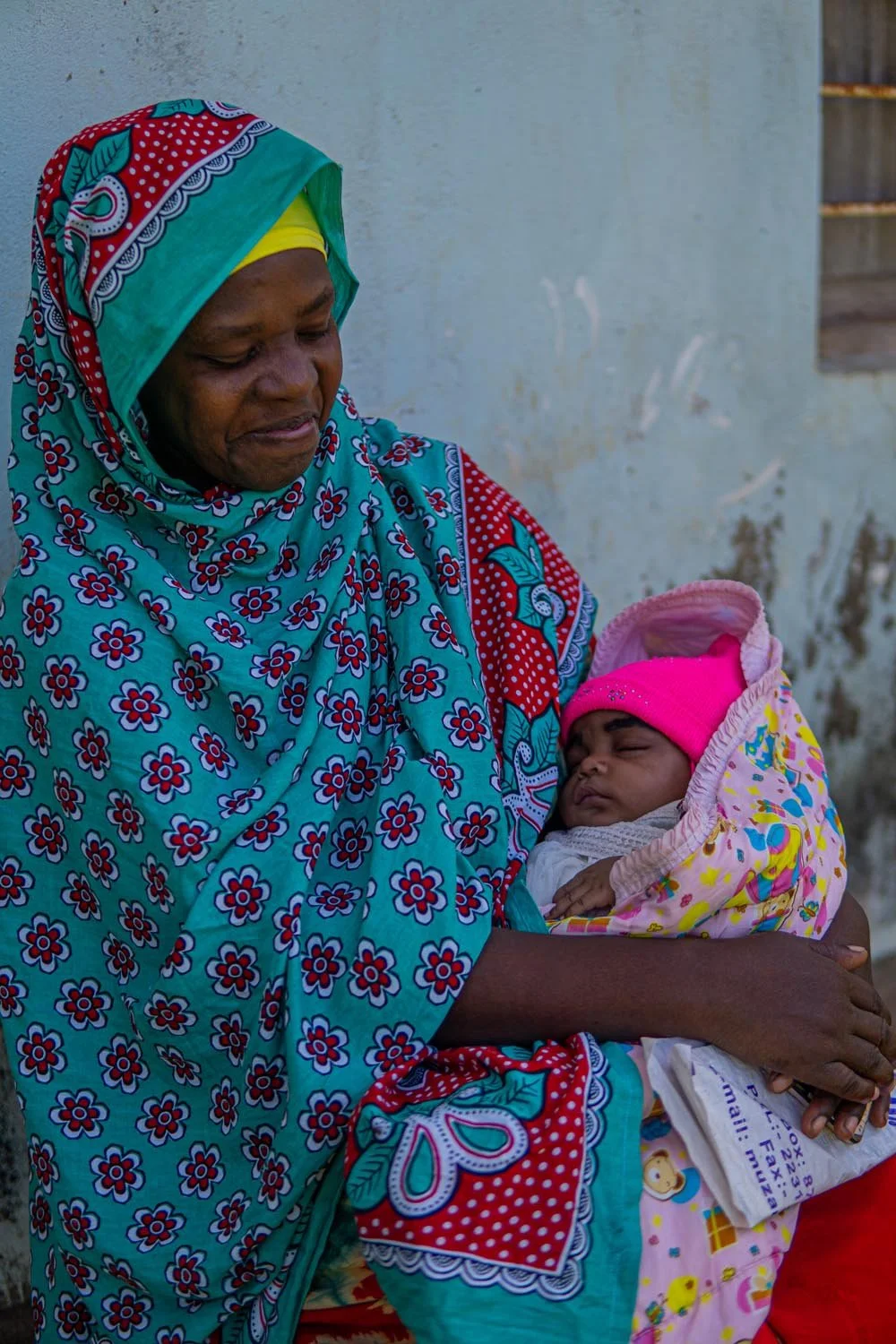
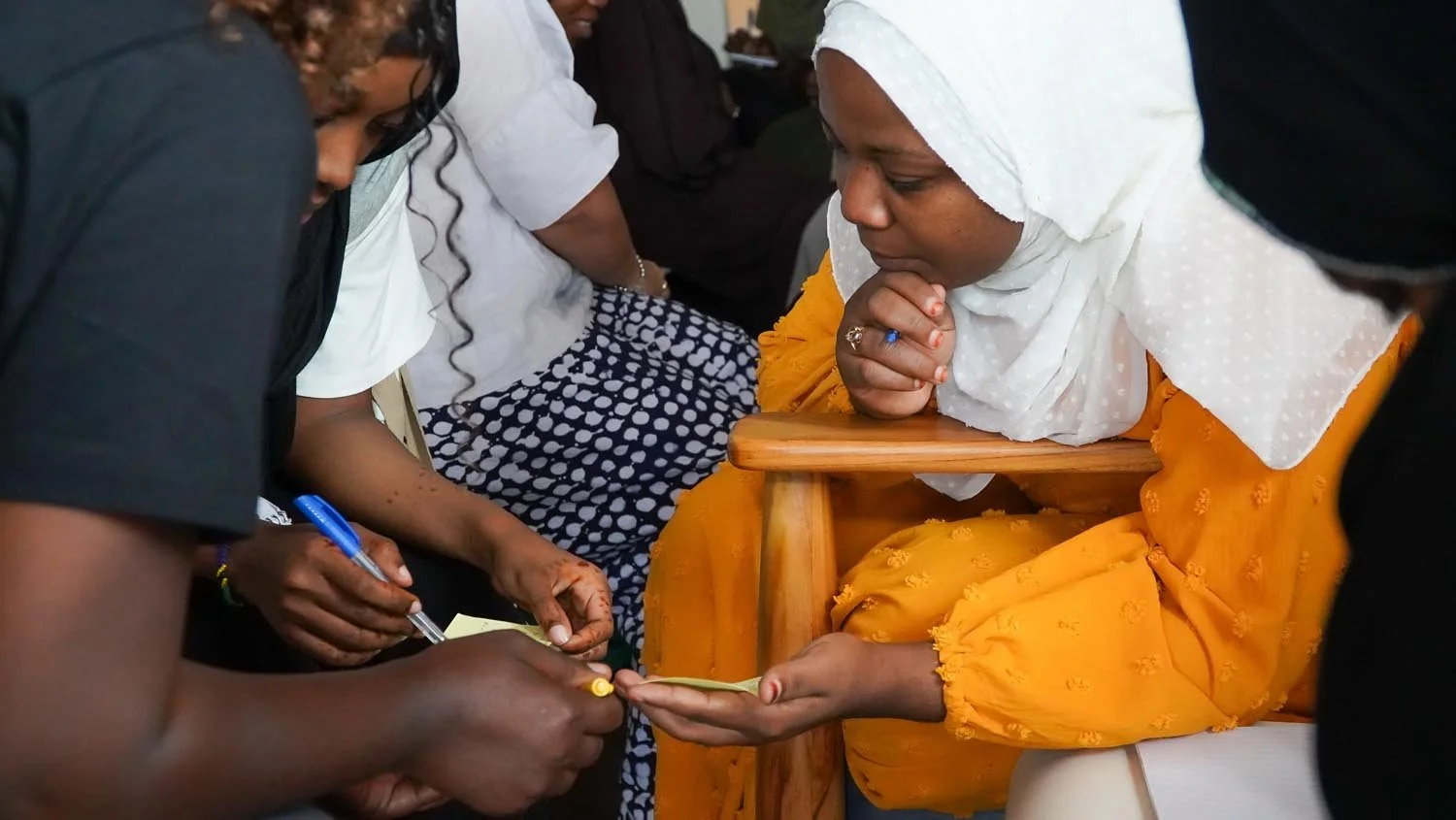
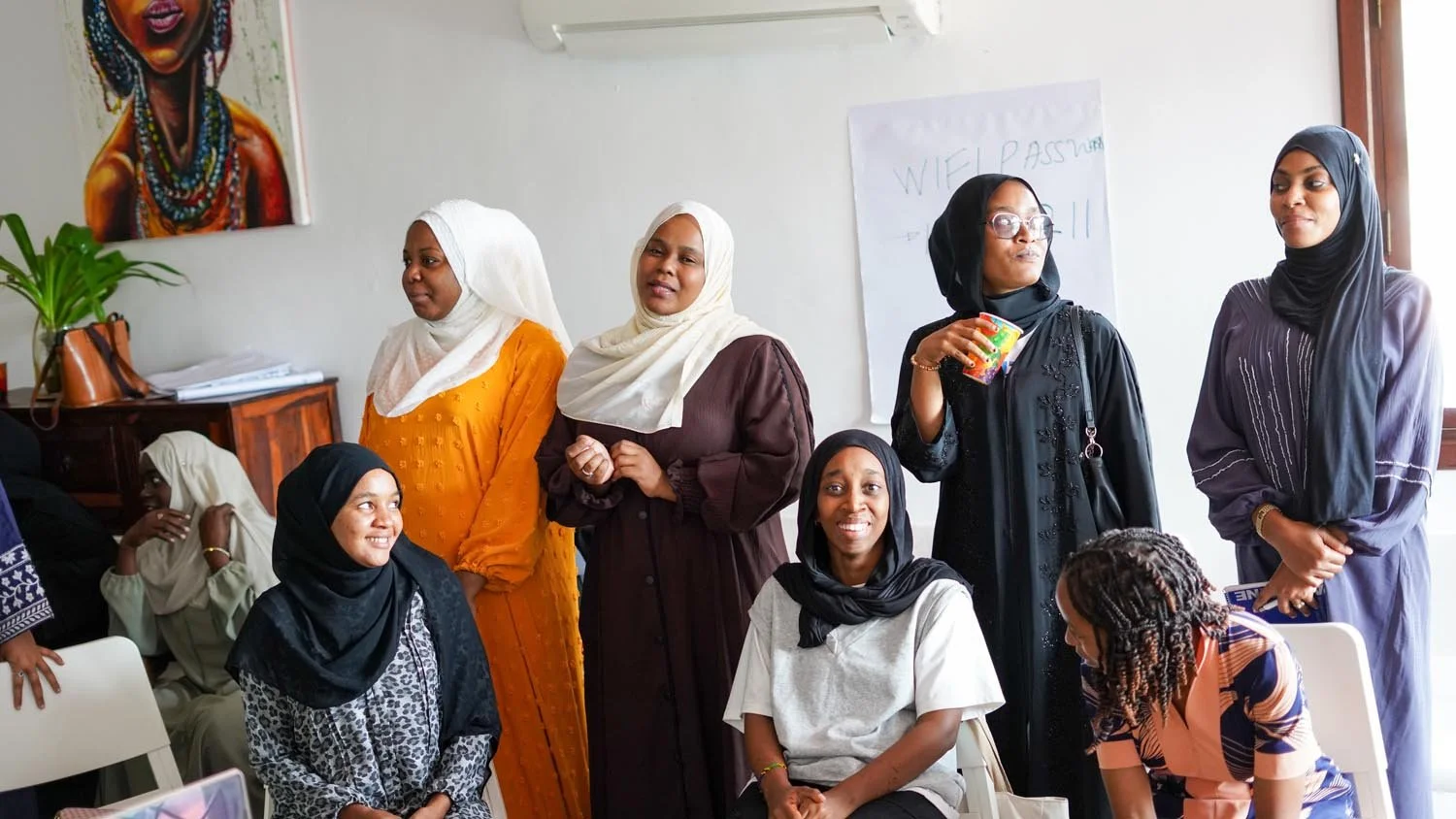
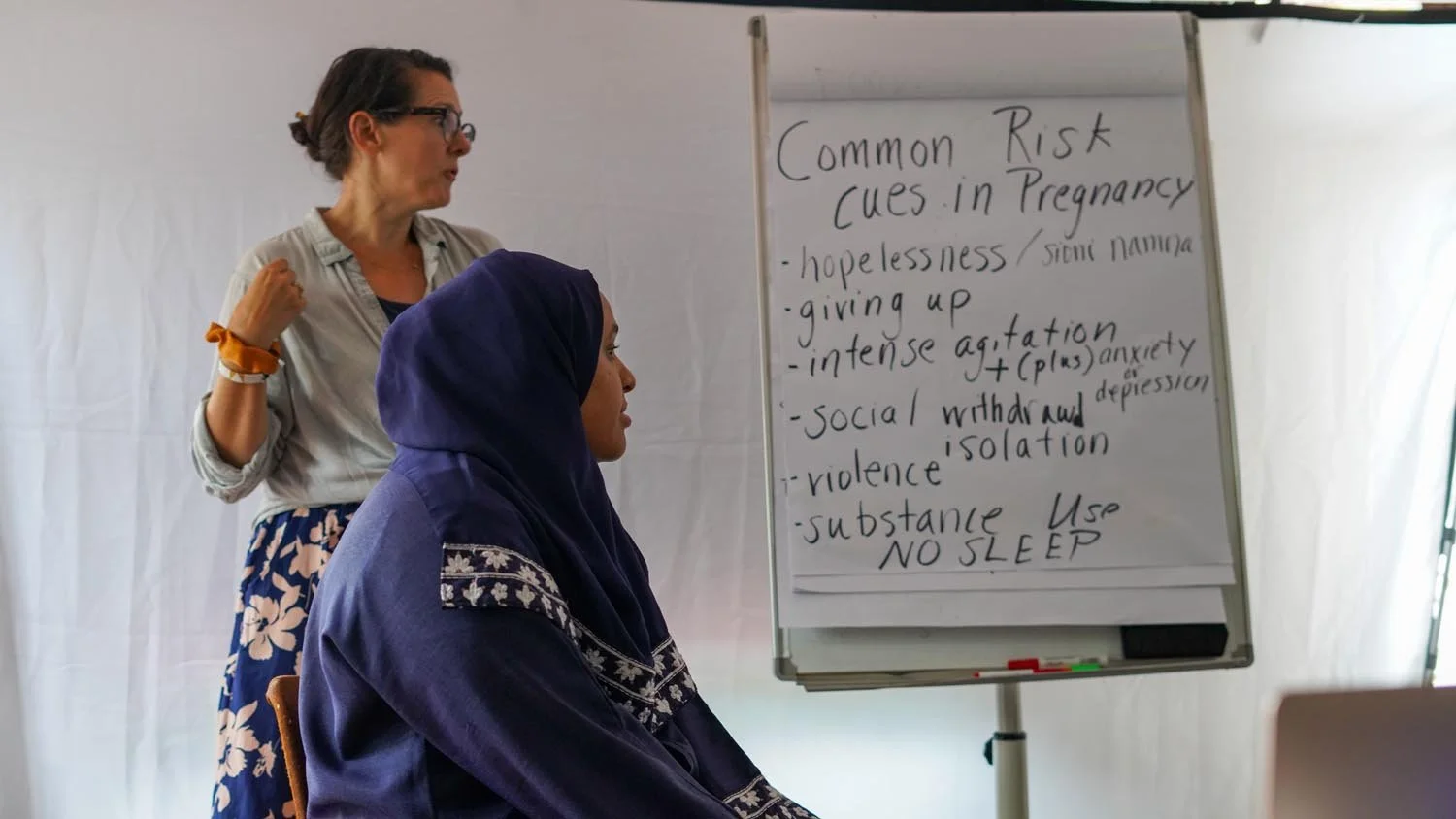
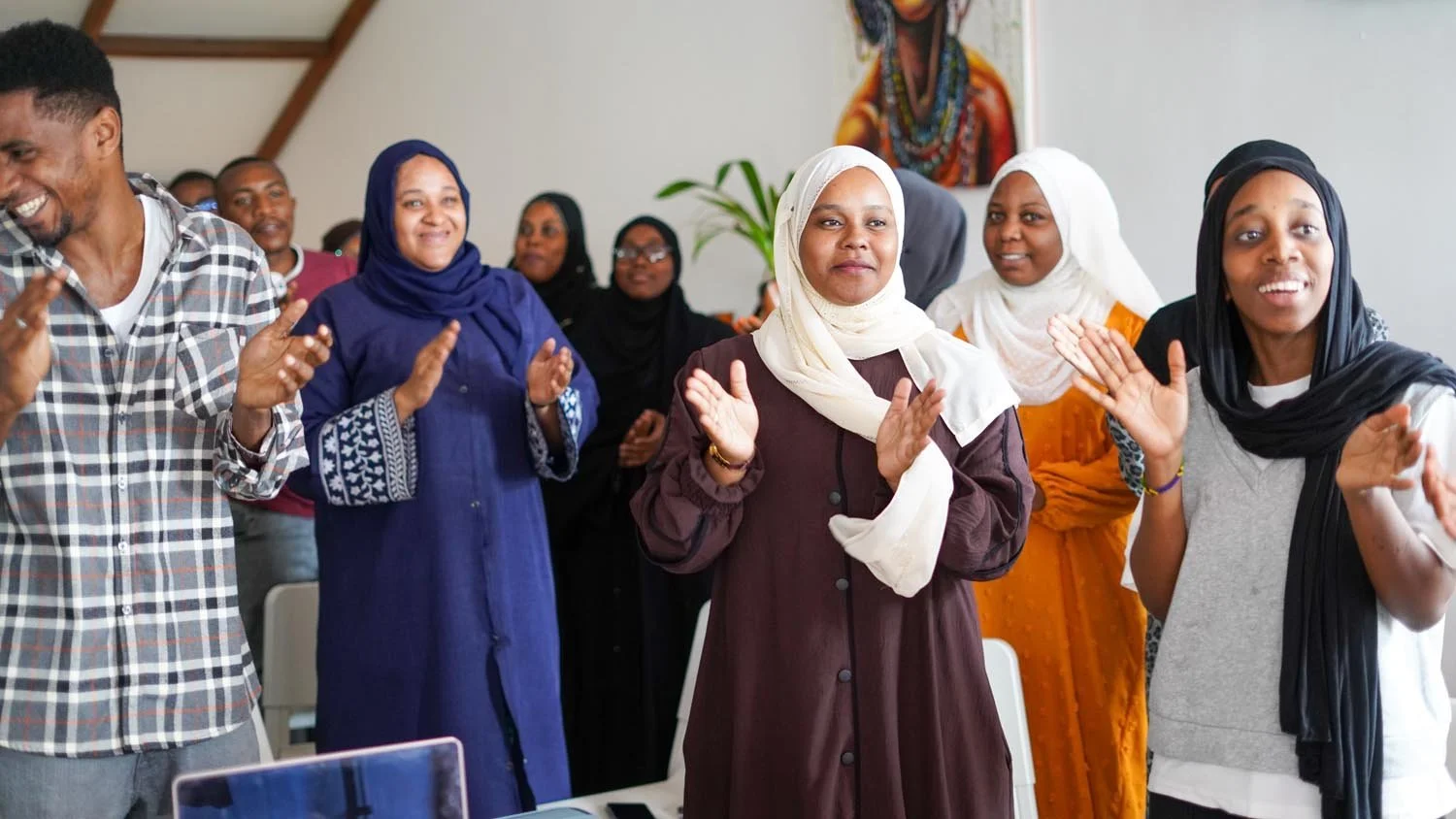
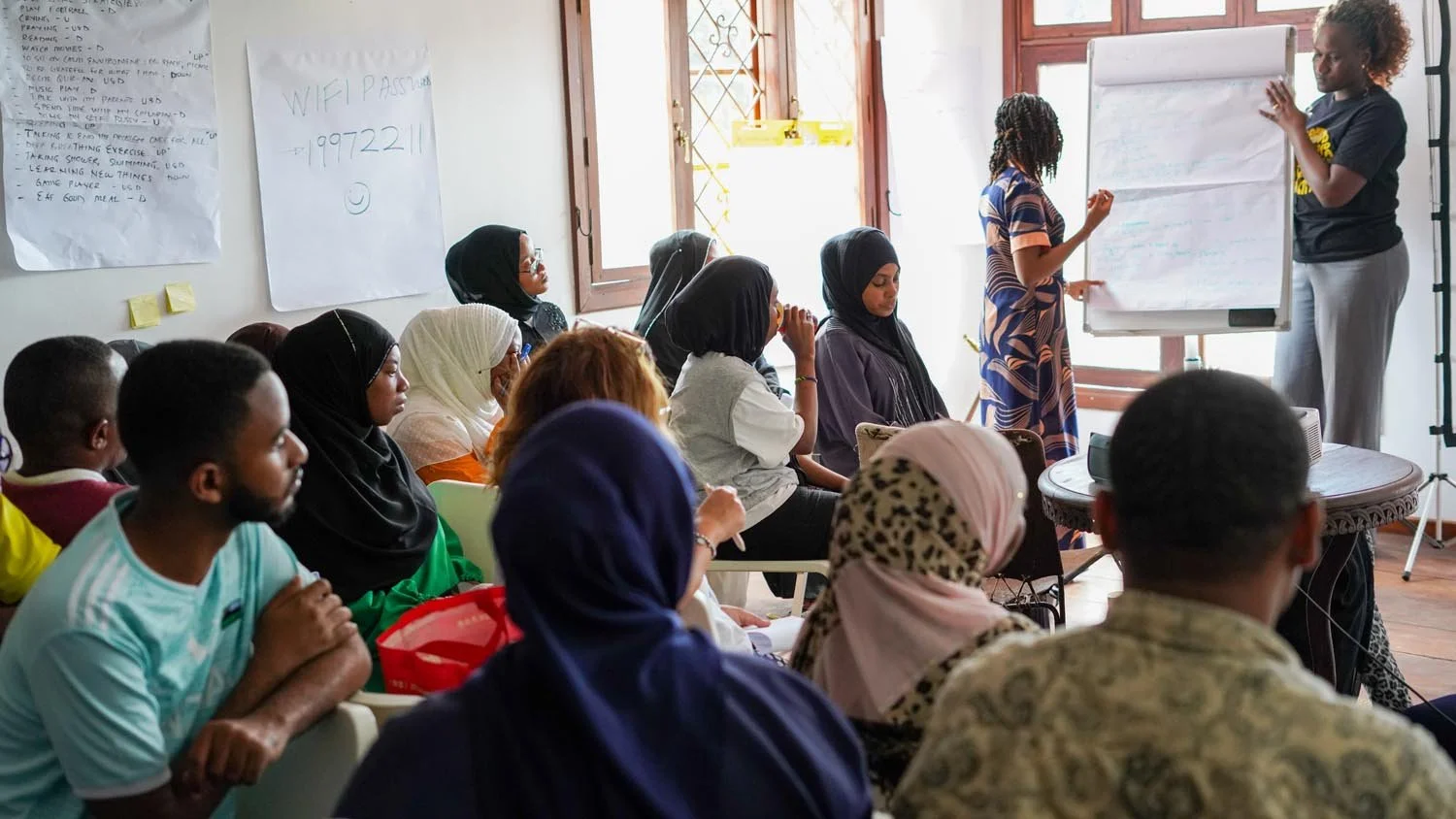
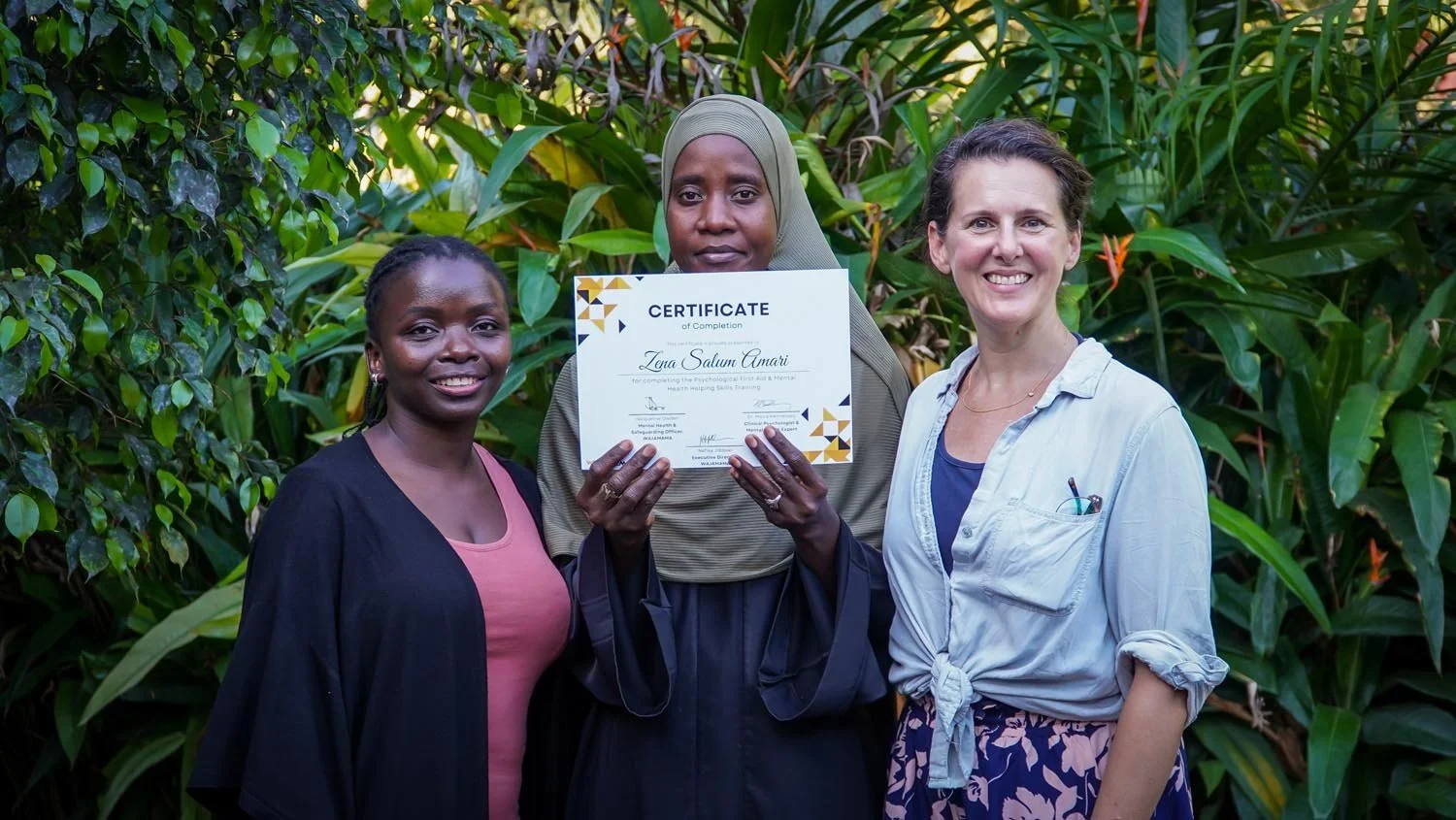
Healthcare Workforce Development (HWD)
Training for Lasting Change
High-quality care is only possible with well-trained providers. Through mentorship and simulation-based training at Zanzibar’s first high-fidelity simulation center, WAJAMAMA equips nurse-midwives with the skills and confidence to deliver safe, respectful, and evidence-based care. Working hand-in-hand with the Ministry of Health, the State University of Zanzibar, and global academic partners, we are laying the foundation for a stronger, more resilient maternal healthcare workforce—one that can sustain and scale impact across the region.
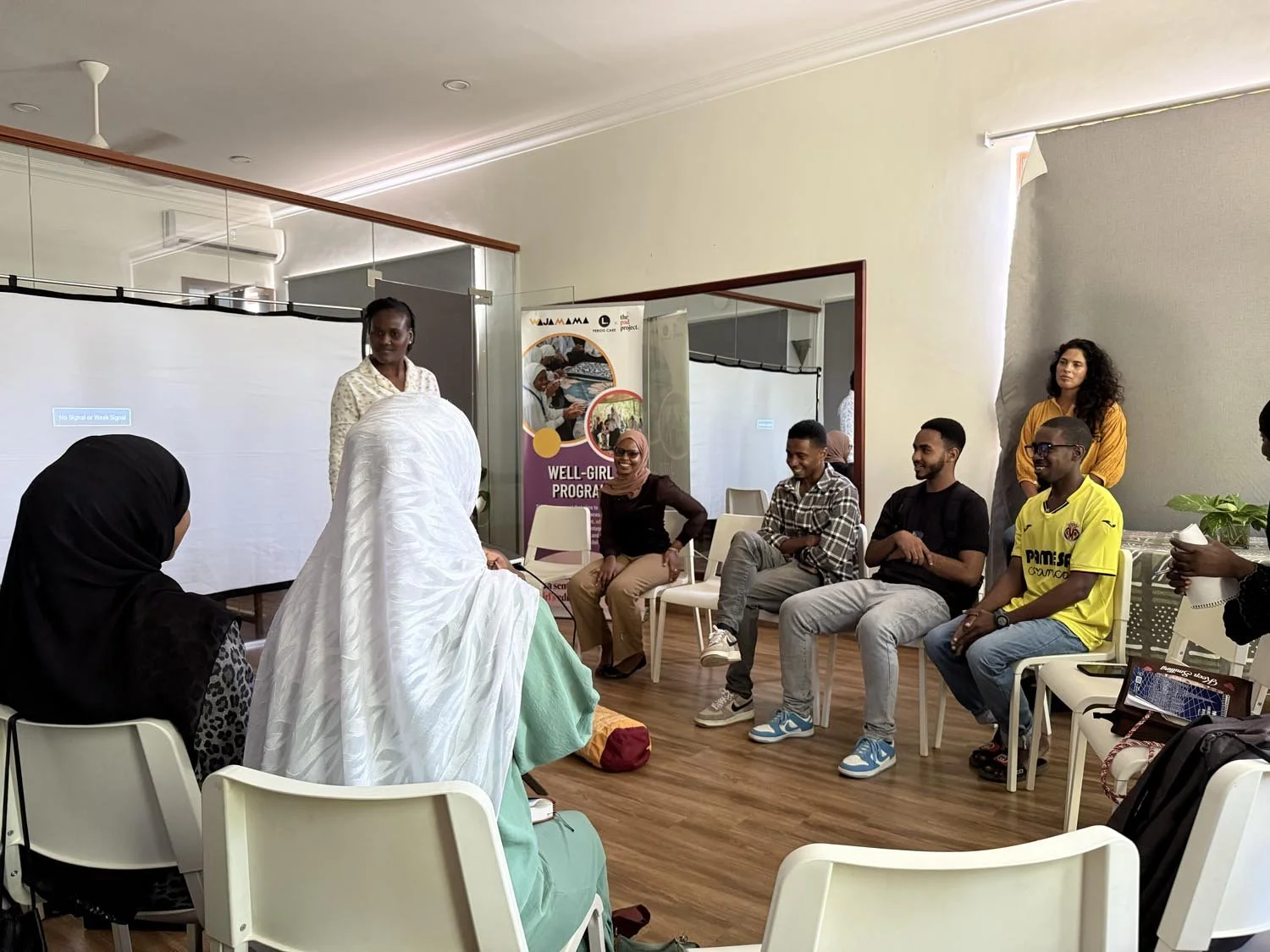
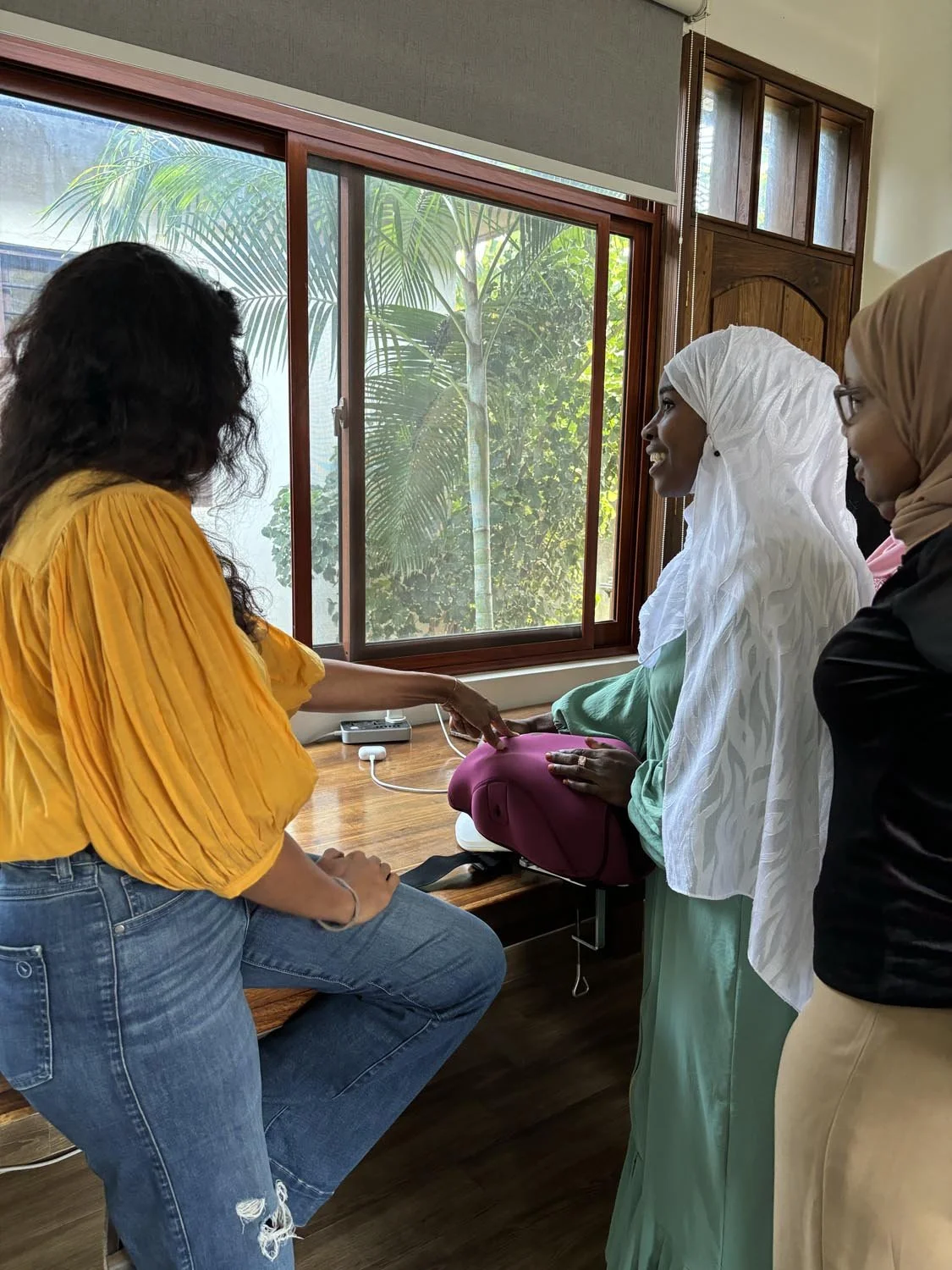
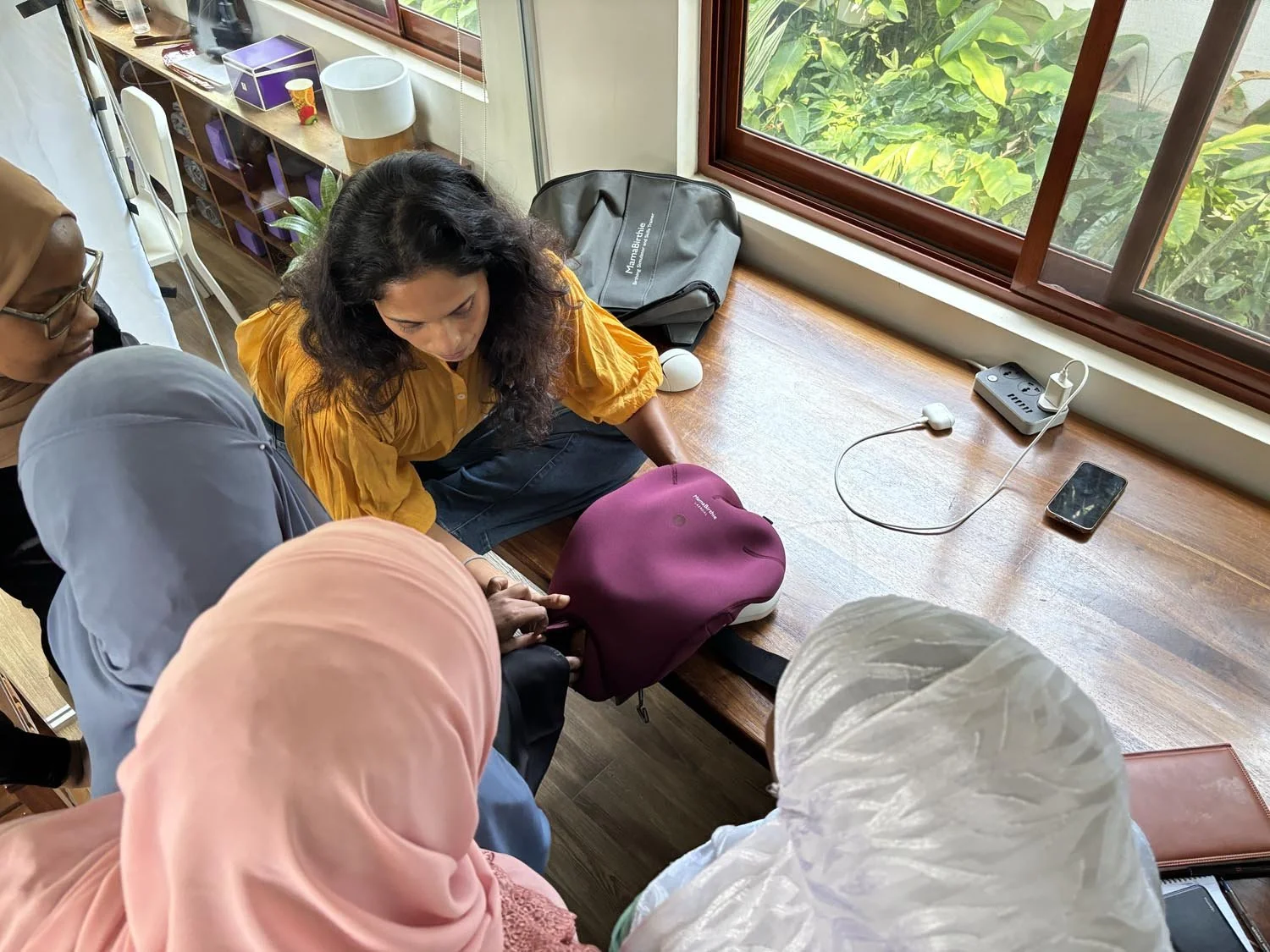
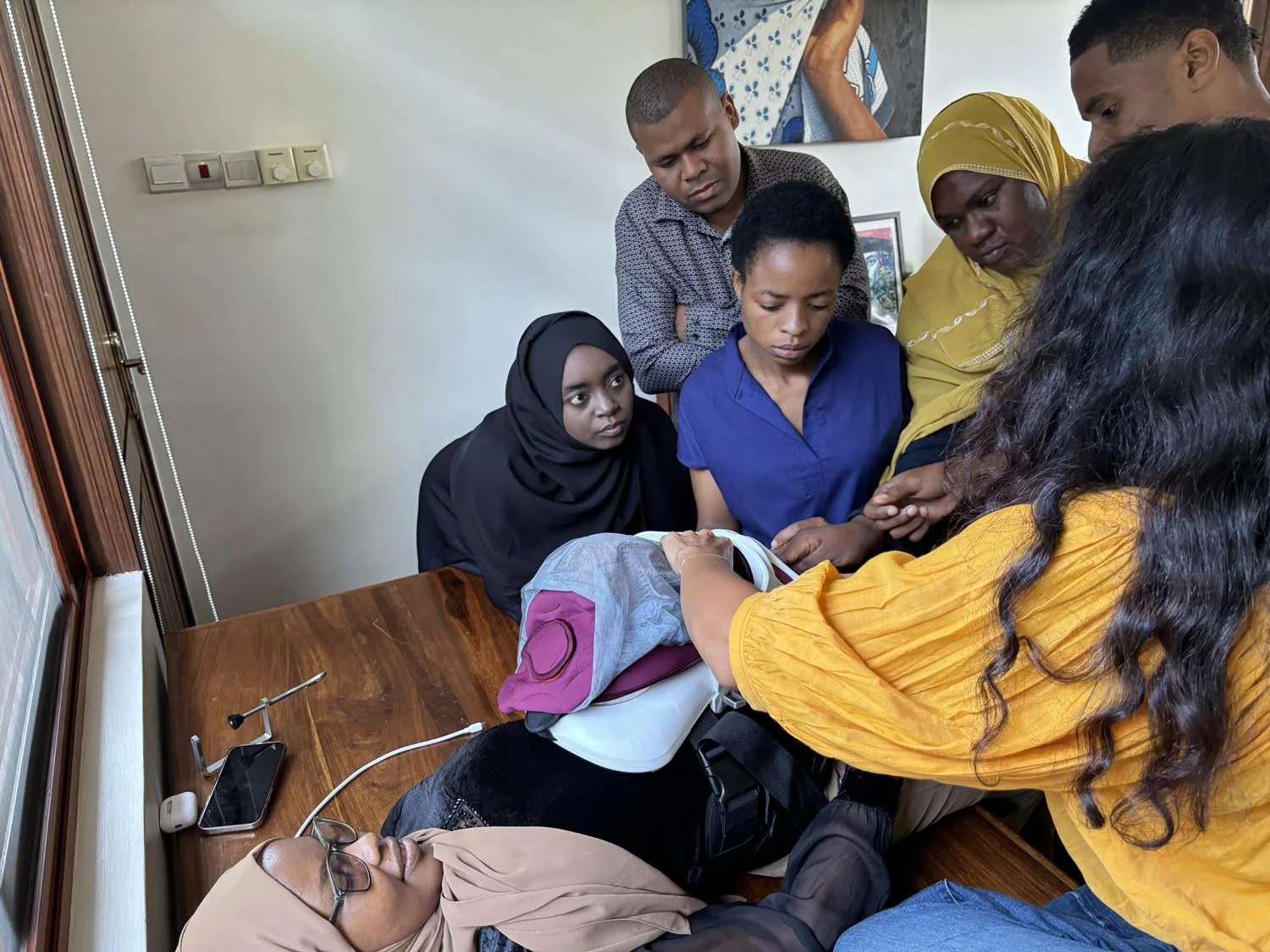
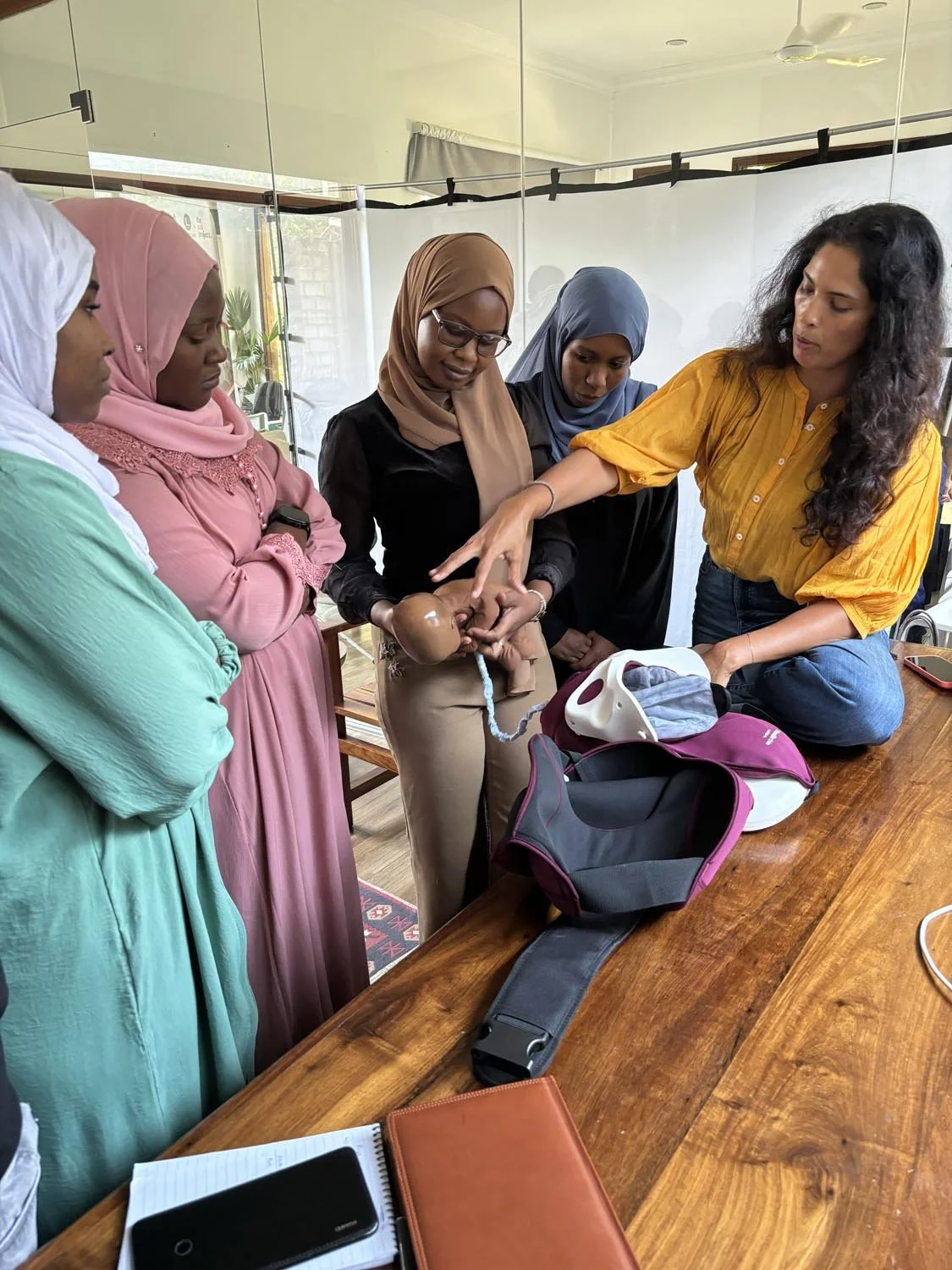
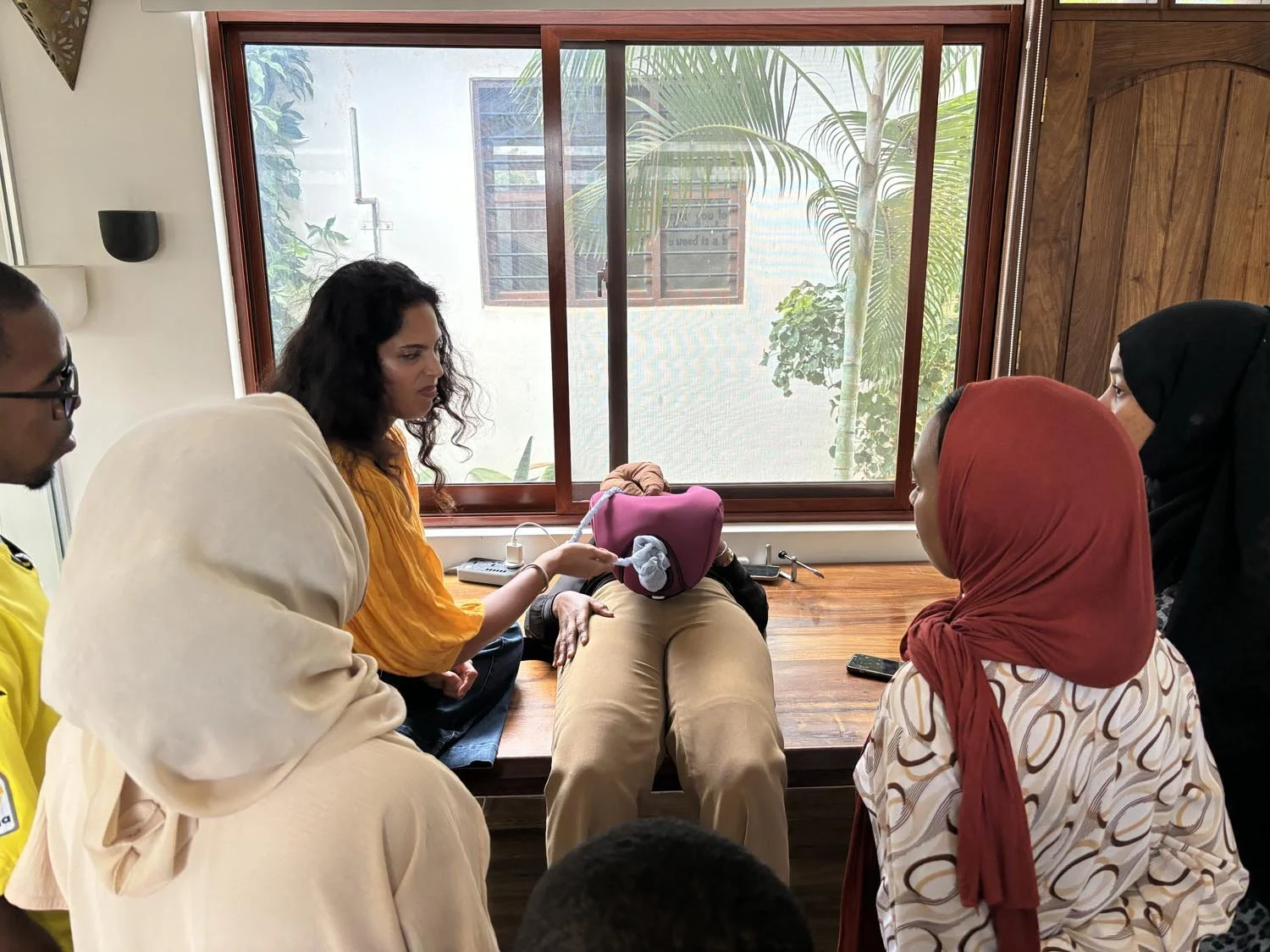
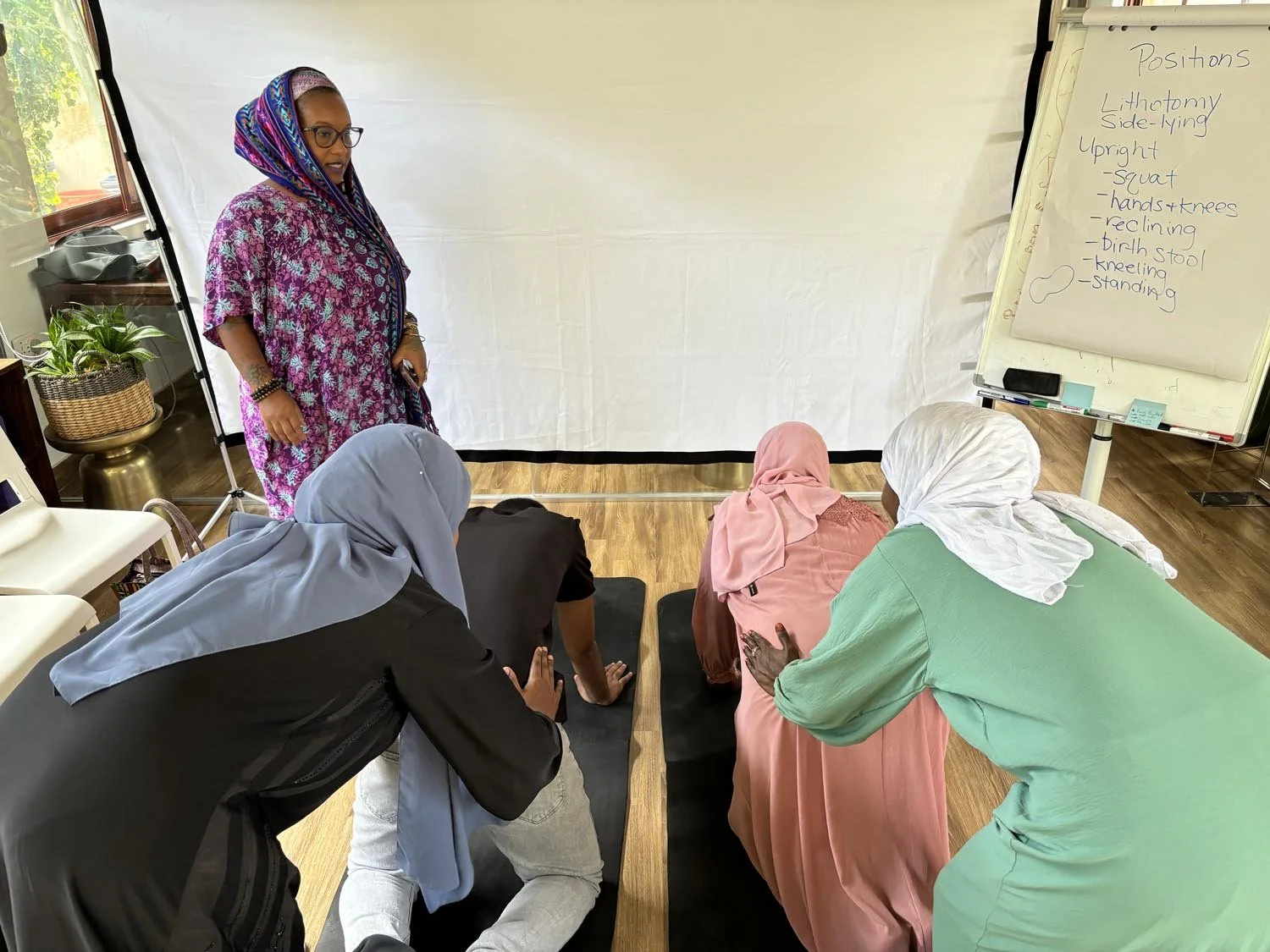
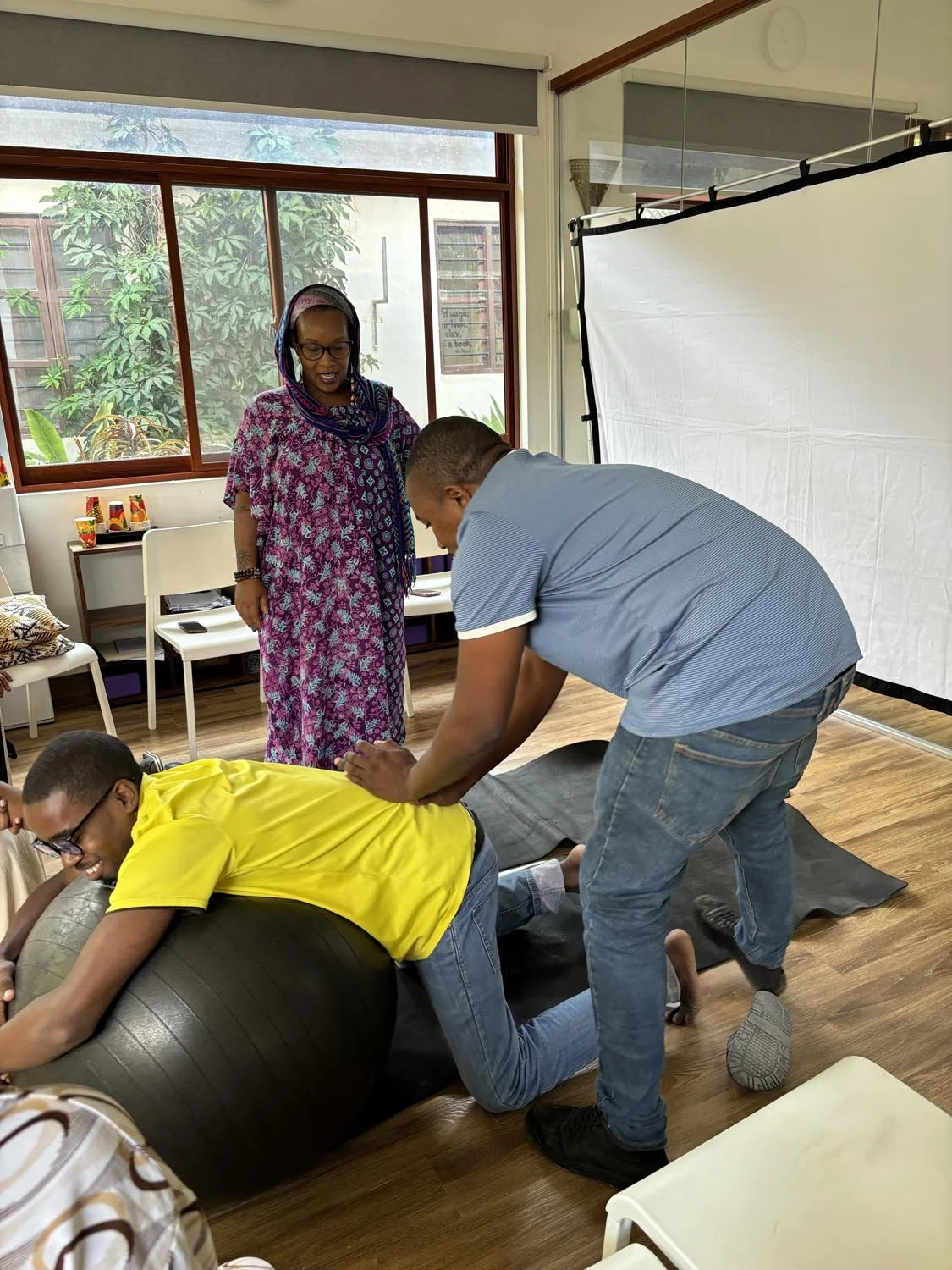
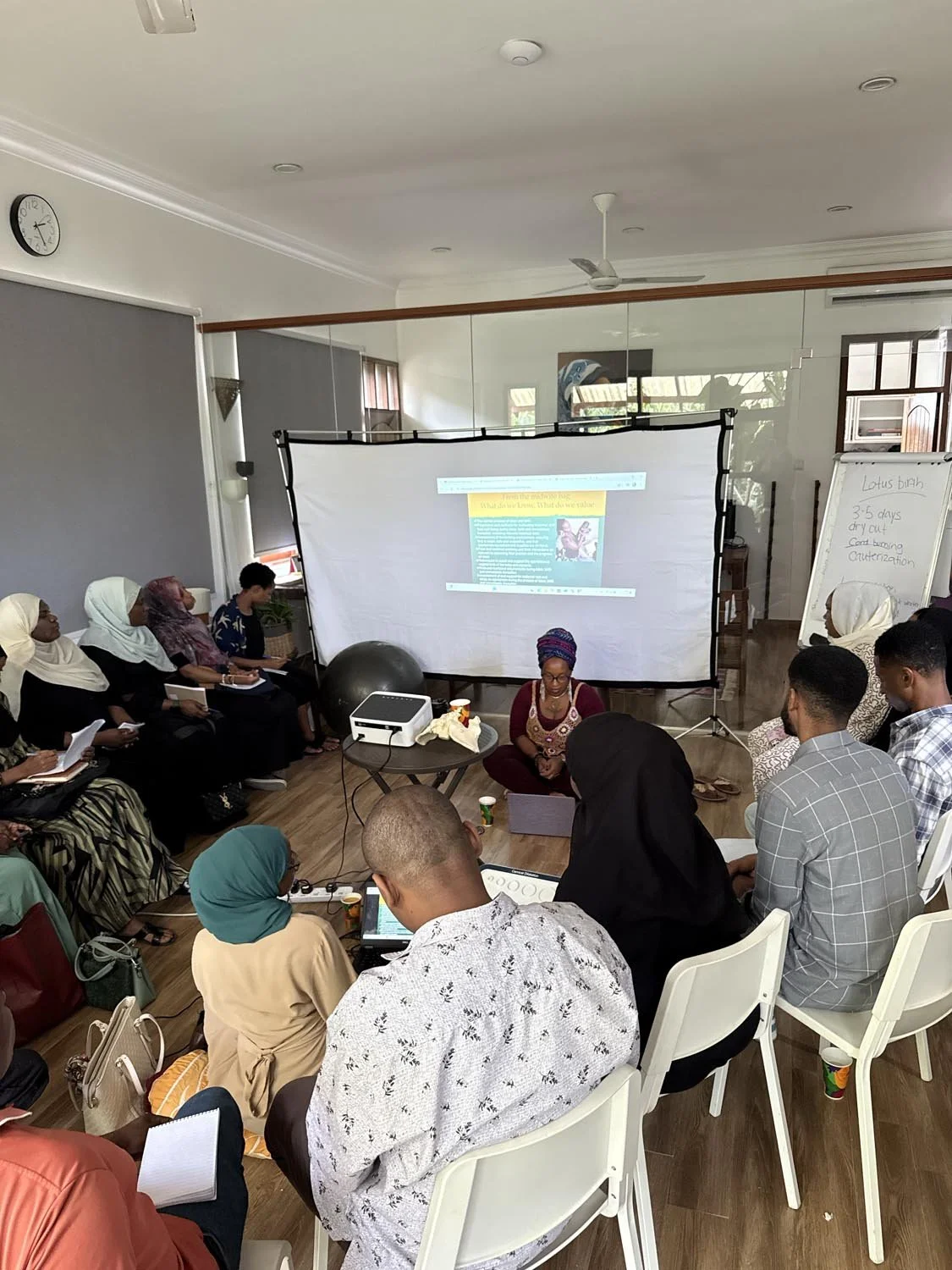
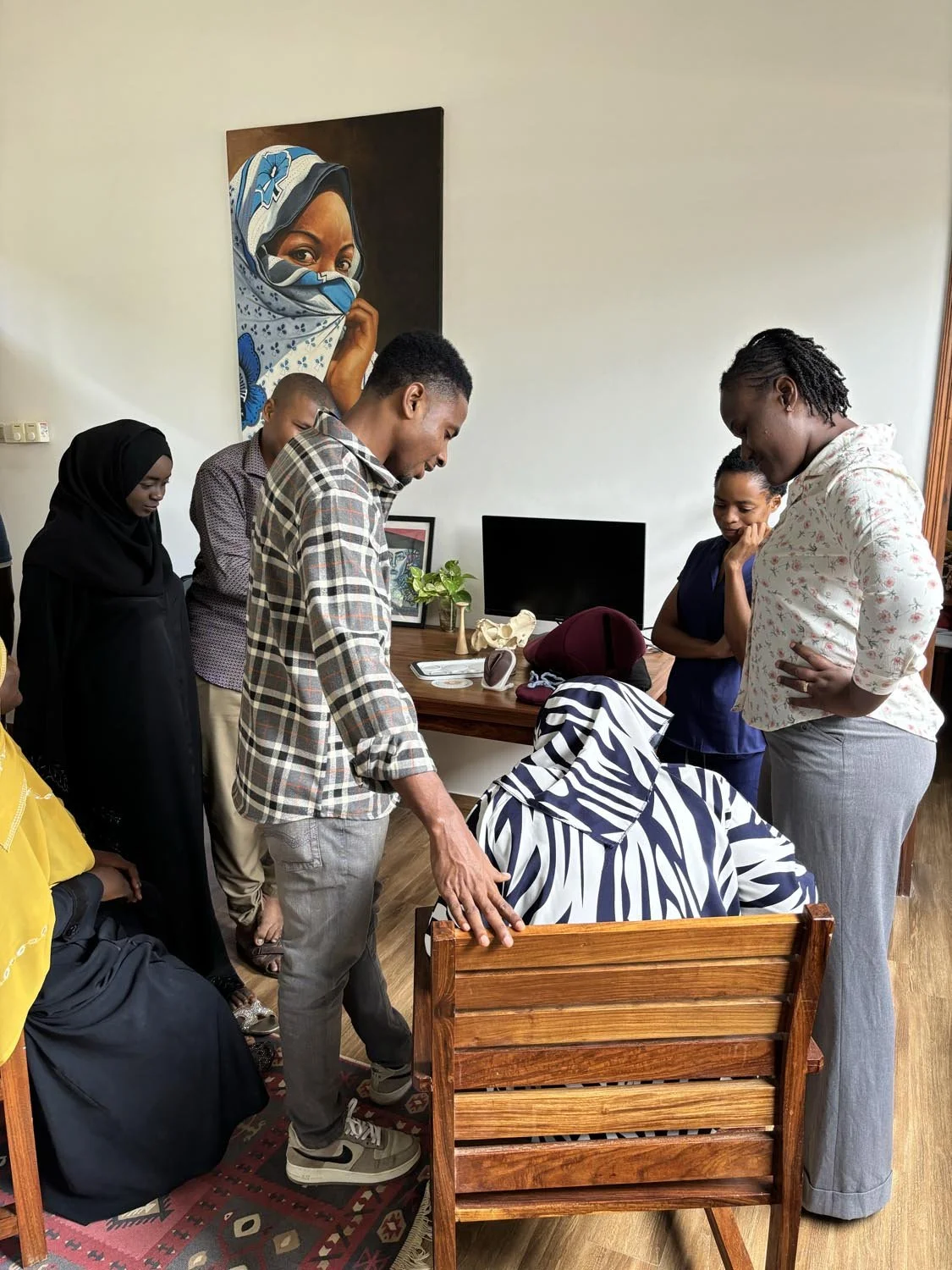
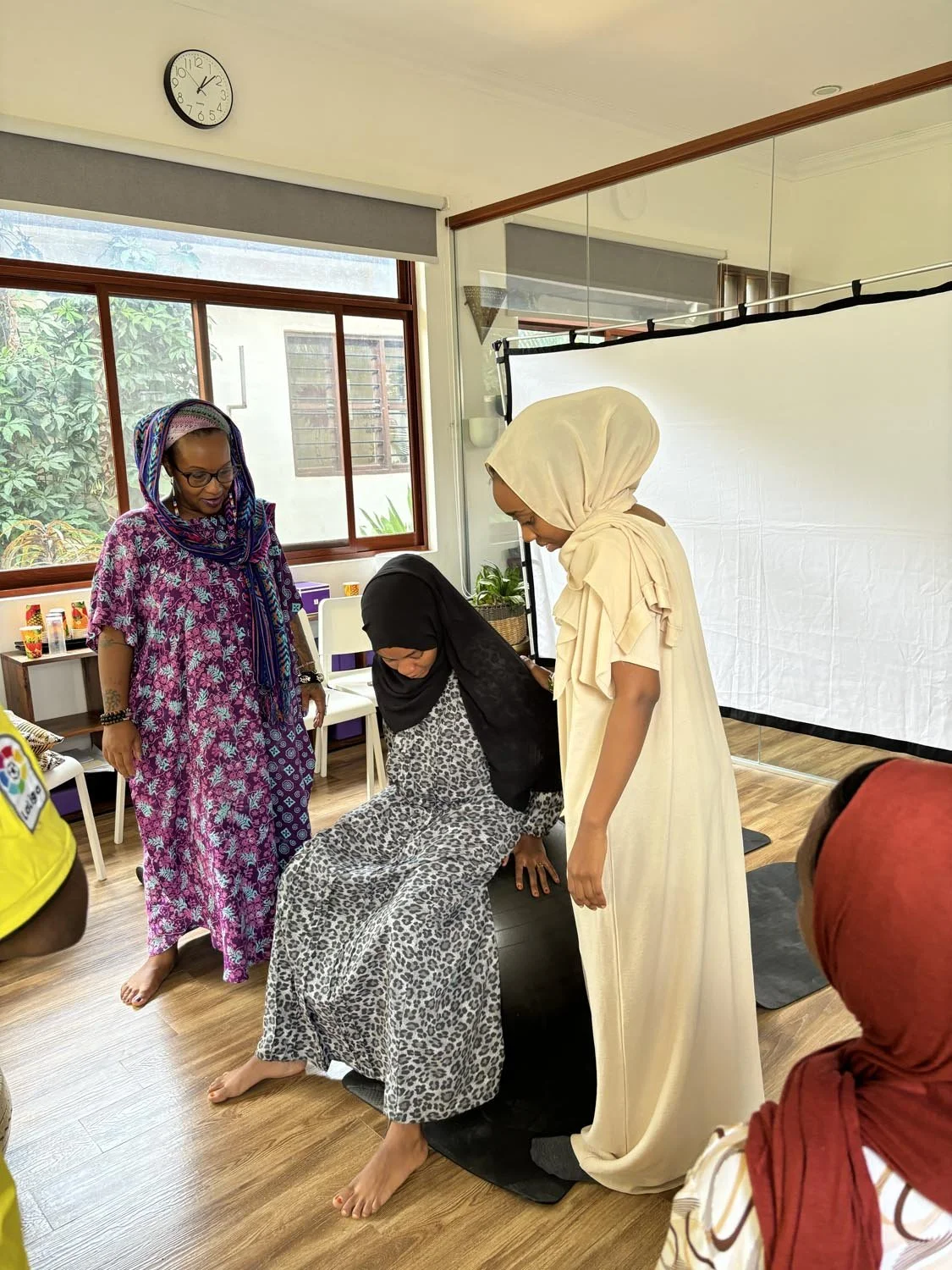
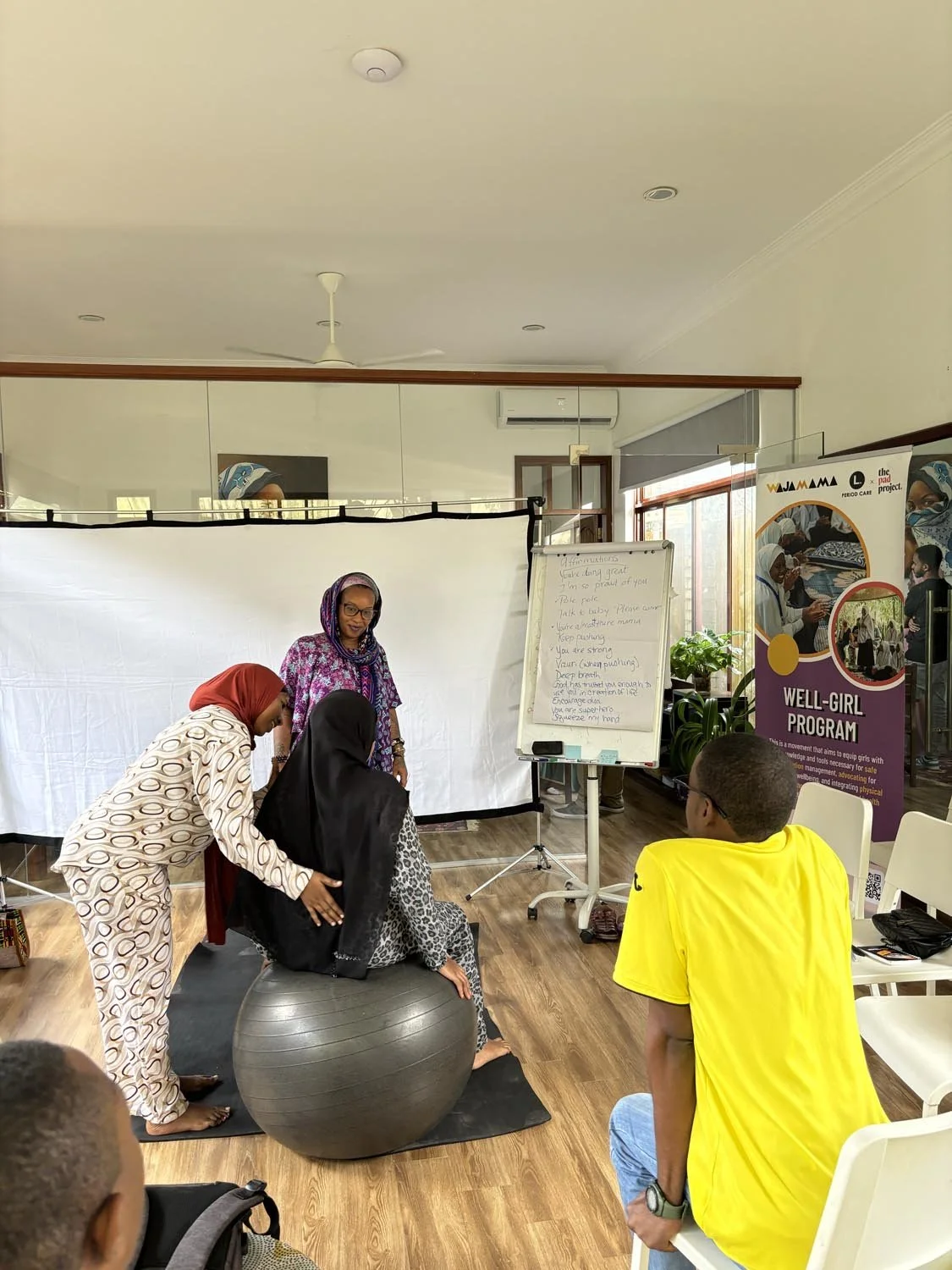
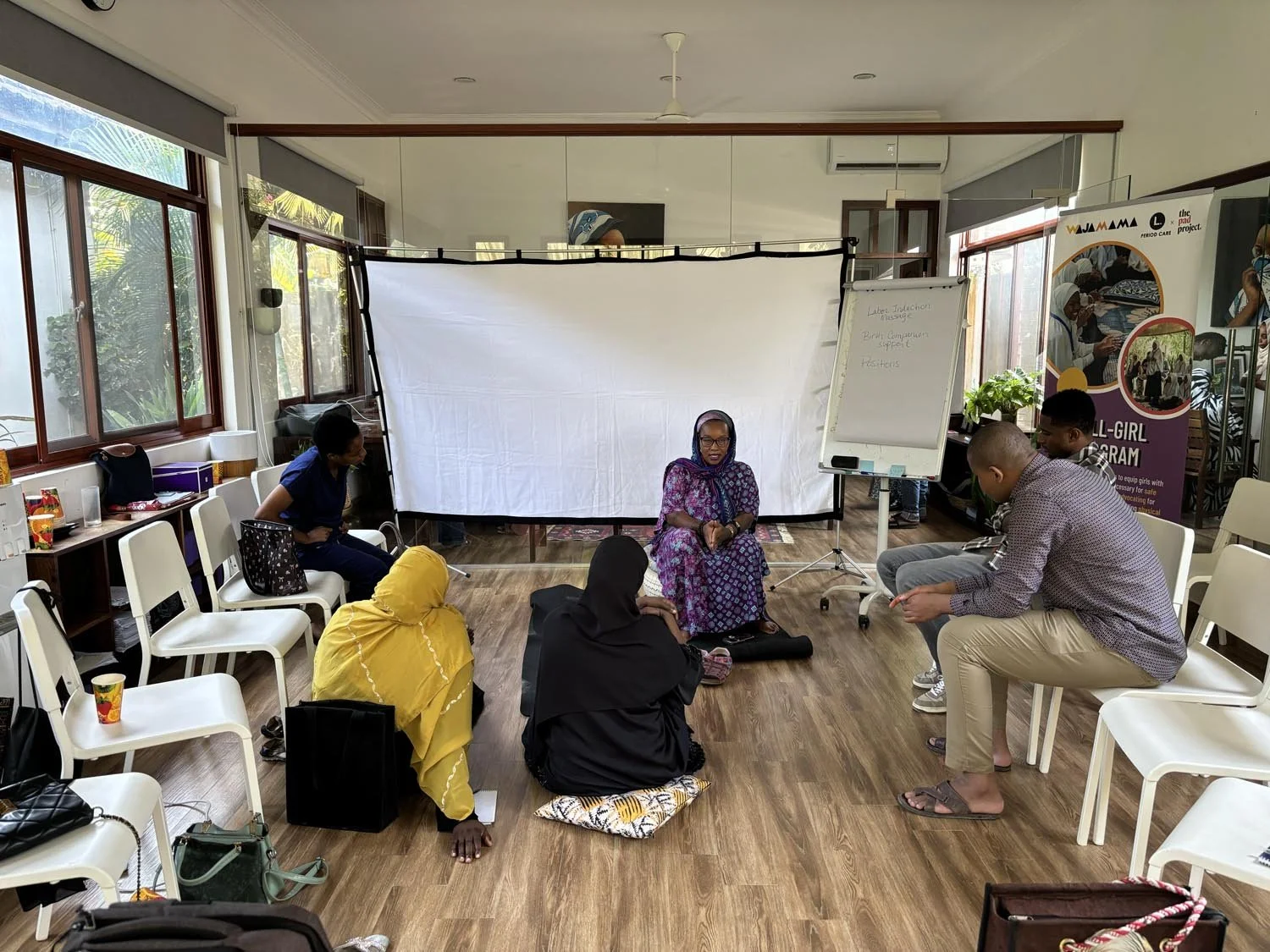
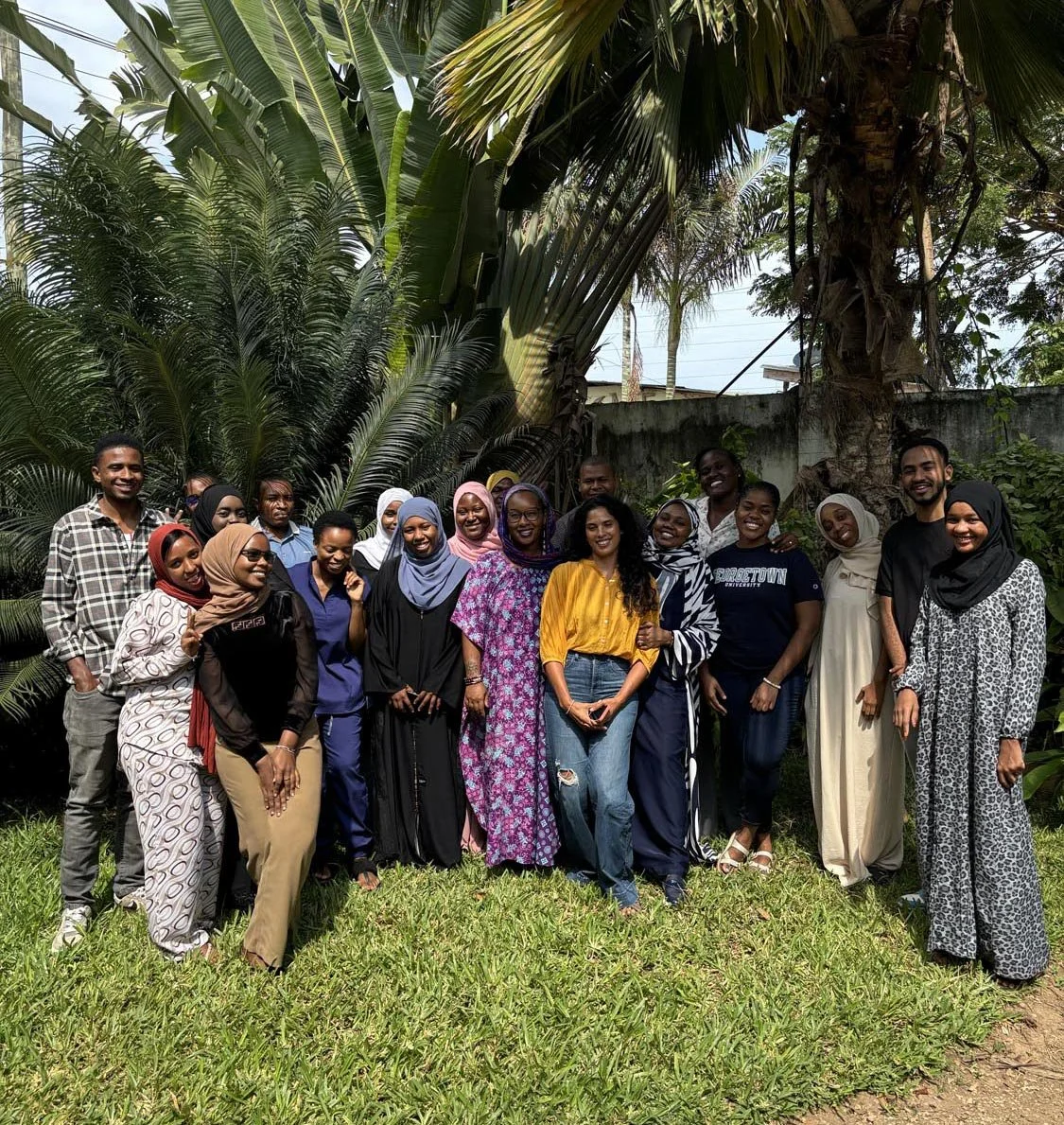
FINDINGS TO DATE AND KEY INDICATORS
-

Decreased Maternal Anemia
We have seen a 100% decrease in severe maternal anemia among our GCM participants. Maternal anemia is associated with stillbirths, preterm births, intrauterine growth restriction, and postpartum hemorrhage. We operate under the understanding that combating maternal anemia therefore has the potential to not only save lives, but also ensure healthy and beautiful beginnings for all, which is why it is one of our key indicators.
96% of our GCM mamas attended the recommended 8 or more prenatal visits. We have also seen a 90% adherence to medical recommendations among our participants. These factors may have contributed to our successes in reducing maternal anemia. -

Improved Mental Health & Support
Group Care participants have expressed feeling more mentally and socially supported during pregnancy, better prepared for labor and birth, and more empowered and knowledgeable about their bodies, health, and wellbeing.
Community building, peer-to-peer support, and facilitated learning, which are all integral parts of our GCM, have been linked to better perinatal mental health outcomes. Because of this, mental health awareness, support, and screening are a priority area for WAJAMAMA and as we expand our GCM throughout the postnatal period, Postpartum Depression will therefore be one of our key progress indicators.
-

Reduced Preterm Births
Another key indicator we closely monitor is the incidence of preterm births. Babies “born too soon” are significantly more likely to encounter health and wellbeing complications, as well as challenges in their livelihoods later in life, compared to those born at full term.
In our initial analysis of the GCM outcomes, we observed a statistically significant decrease in preterm births. Only 0.46% of our mamas gave birth before 37 weeks, compared to the national average of 3.1%. These successes may be linked to the 90% adherence to medical recommendations as well as close monitoring and essential screenings throughout pregnancy.
Our Strategic Plan
Download WAJAMAMA's 2025–2030 Strategic Plan to learn how we are advancing maternal and newborn health through innovative, community-centered solutions and workforce empowerment.
Zubeda enrolled in Group Care Model at 20 weeks gestation. Her previous pregnancy was marked by post partum hemorrhage (PPH) and the tragic death of her newborn just days after birth.
Meet Zubeda
Upon evaluation at her initial GPC visit, Zubeda’s blood pressure was elevated, her hemoglobin level was severely low and she had a urinary tract infection, increasing her risk for pre-eclampsia, PPH, intrauterine growth restriction, and preterm birth.
Zubeda engaged in 8 GPC sessions, where she gained invaluable knowledge on how to maintain a healthy pregnancy and joined an emotionally supportive community. By the time she was full-term, Zubeda’s blood pressure normalized and her hemoglobin level was even higher than average, reducing her risk for potentially fatal complications. She felt empowered and prepared for labor and birth.
On May 22nd, Zubeda had a beautiful and healthy baby girl, Karima, who now attends our clinic for well-baby check ups. Zubeda is thriving as a new mother and Karima continues to happily meet her growth and developmental milestones.
Annual Progress Report
